In modern home decoration, bathroom design has received increasing attention, and the concept of dry-wet separation has gradually become a standard design principle. In the process of achieving dry-wet separation, the choice of shower doors is particularly critical. Many families consider the glass door for shower to be an ideal choice for preventing water leakage due to their transparent, simple, modern appearance and closed structure. But is the glass door the most waterproof choice? This question is not as simple as it seems on the surface.
The advantages of glass doors are unquestionable. First of all, from a structural point of view, glass shower doors typically use tempered glass, which offers high strength and density. This glass is combined with high-quality hardware accessories and sealing strips to form a relatively closed partition space. Under the premise of reasonable design, it can significantly reduce the splashing of water to the dry area during bathing. Especially in products equipped with waterproof strips, bottom rail water guide structures or magnetic closure systems, its waterproof performance is even better.
In contrast, traditional shower curtains are soft and easy to swing with the flow of water or wind, which can cause water splashing. At the same time, after long-term use, water can easily accumulate and become mouldy, which is not conducive to keeping the bathroom dry. Although some plastic folding doors have certain advantages in terms of space utilisation, they are also prone to deformation or not closing tightly over time due to their thin materials and weak sealing, which affects their waterproofing effect. Compared to these options, glass doors offer higher waterproof stability and structural integrity.
However, the waterproof effect does not only depend on the material of the door itself but is also closely related to the overall design, installation process and daily use. Even high-end glass doors may cause local water seepage if they are improperly installed, such as if the track is not level, the wall is not vertical, the floor tile slope is unreasonable, or the sealing strip is not tightly pasted, which will affect the dryness of the entire bathroom. In this case, even if the product itself has good performance, it is challenging to fulfil its intended role fully.
Additionally, the method of opening the glass door is also a crucial factor influencing its waterproof performance. For example, swing doors generally have good water tightness due to the tight and straightforward design of the sealing frame;. In contrast, sliding doors save more space, but they require sliding tracks, and a gap exists between the movable door leaf and the fixed glass. Therefore, waterproofness often depends on the track structure and the quality of the rubber strips. Folding doors have a more complex structure, with more hinges and folding parts, which require higher sealing treatment and are prone to dripping or overflow due to improper use.

To achieve good waterproof performance of glass doors, the installation link is crucial. Professional installers will evaluate the verticality of the wall and the slope of the ground according to on-site conditions, reasonably install water-retaining strips, use water-resistant glass glue to seal the edges, and, at the same time, install high-quality sealing strips between the door and the fixed glass. After the installation is completed, a watertight test is also required to ensure that the door leaf opens and closes smoothly and there is no risk of water leakage at all joints.
In actual use, users should also pay attention to some details to extend the waterproof effect of glass doors. For example, do not push and pull the door leaf frequently and vigorously to avoid loosening the track or falling off the sealing strip; regularly check whether the rubber strips, pulleys and other parts are ageing or damaged; if water droplets are found to be seeping out during use, the cause should be checked as soon as possible and repaired in time.
The waterproof effect of the glass door also depends on its service life and maintenance. Sealing strips, pulleys, and hardware connectors are all consumable parts. They may need to be replaced after three to five years of use, so regular maintenance is essential. Some brands of glass doors are equipped with replaceable sealing systems, which are more convenient to maintain. Consumers are advised to pay attention to this when making a purchase.
Additionally, the quality of glass doors on the market is uneven. To reduce costs, some inexpensive products utilise inferior glass, ordinary rubber strips, or stainless steel coating accessories. Although there may be no problems in short-term use, long-term issues can arise, including loose sealing strips, glass sinking, and door body displacement, which can lead to water leakage. Therefore, it is crucial to select reputable brands and products with a proven track record of quality.
Overall, the glass shower door has a strong waterproof advantage, especially in terms of structural closure, service life, and visual beauty. But whether it is the "most waterproof" still depends on the overall installation design, material quality and usage habits. For users who seek the benefits of separating wet and dry bathrooms, the glass shower door is undoubtedly one of the most balanced, mature, and widely used options on the market.
Therefore, if you are considering how to prevent water seepage in the bathroom effectively, the glass shower door is a very trustworthy solution. Of course, the premise is that you are willing to choose a high-quality product, match it with a professional installation team, and maintain it properly. Only in this way can the "waterproof myth" of the glass door stand up.

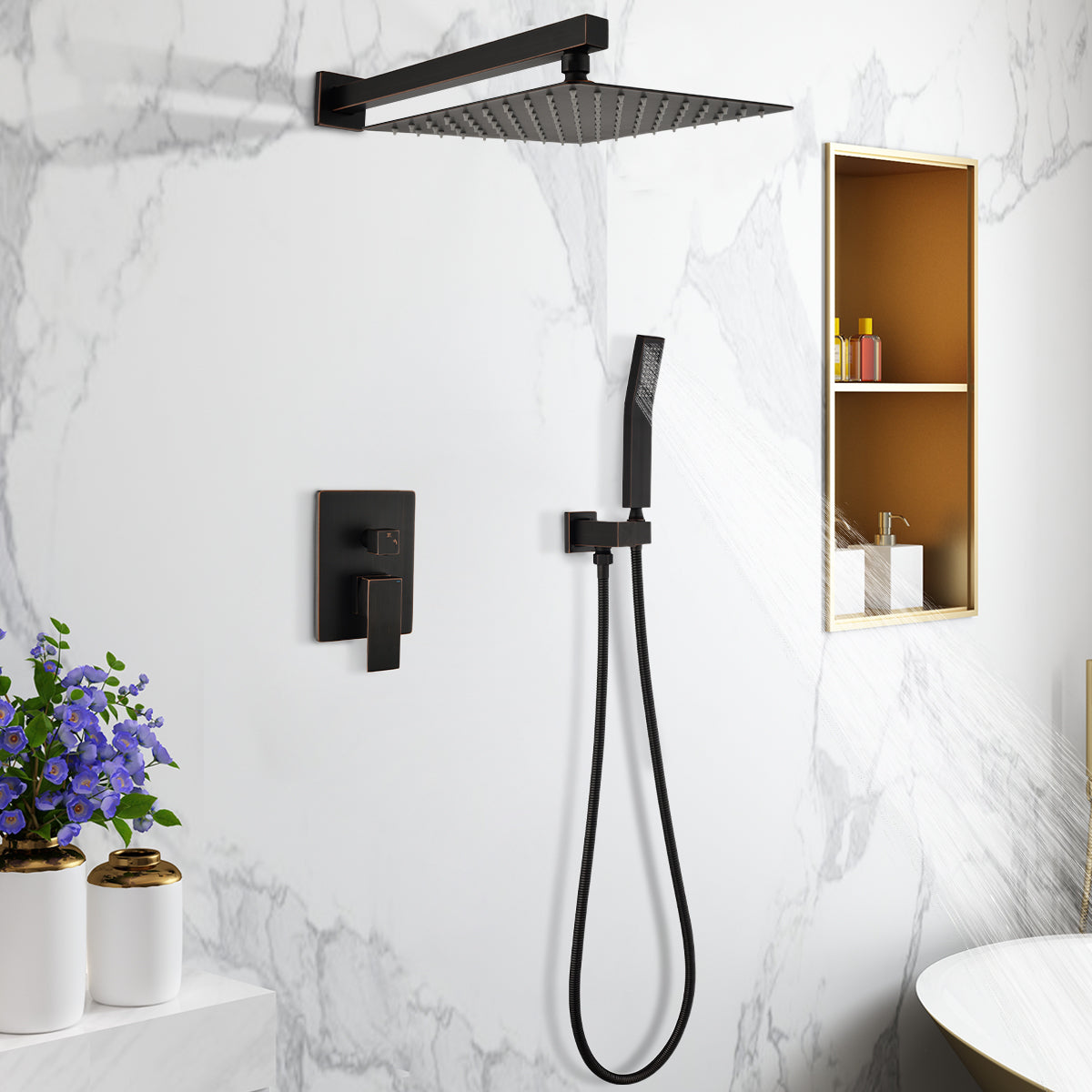
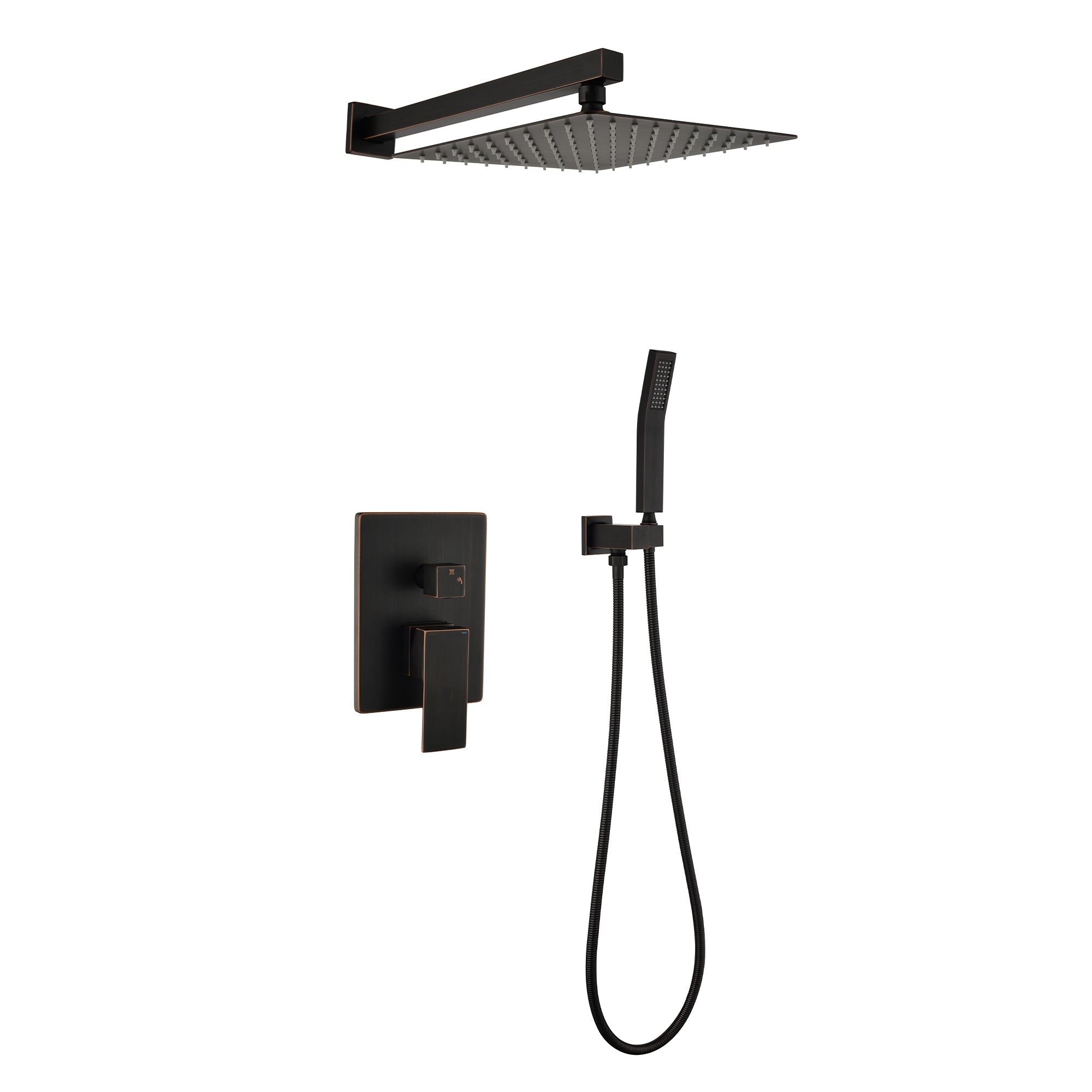


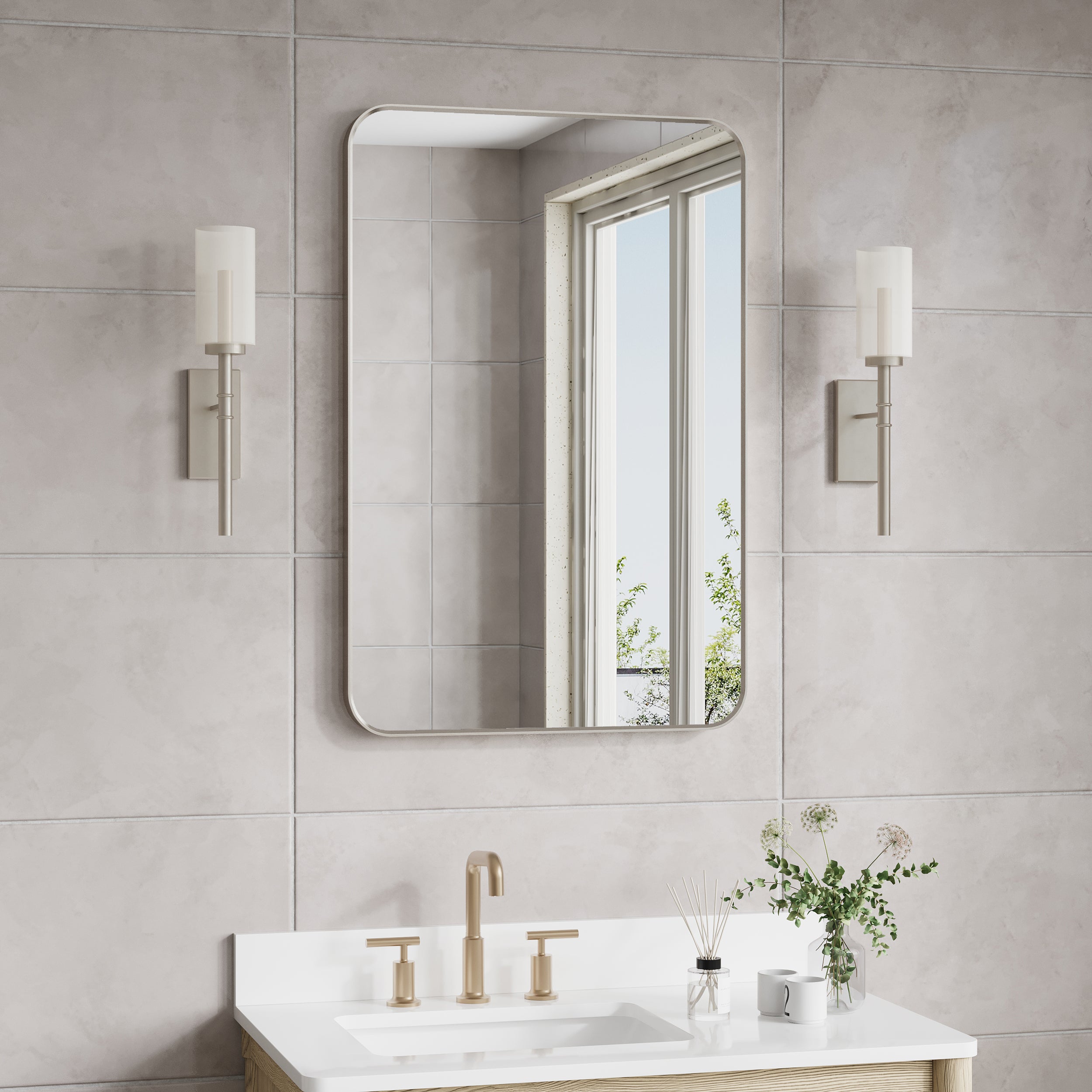
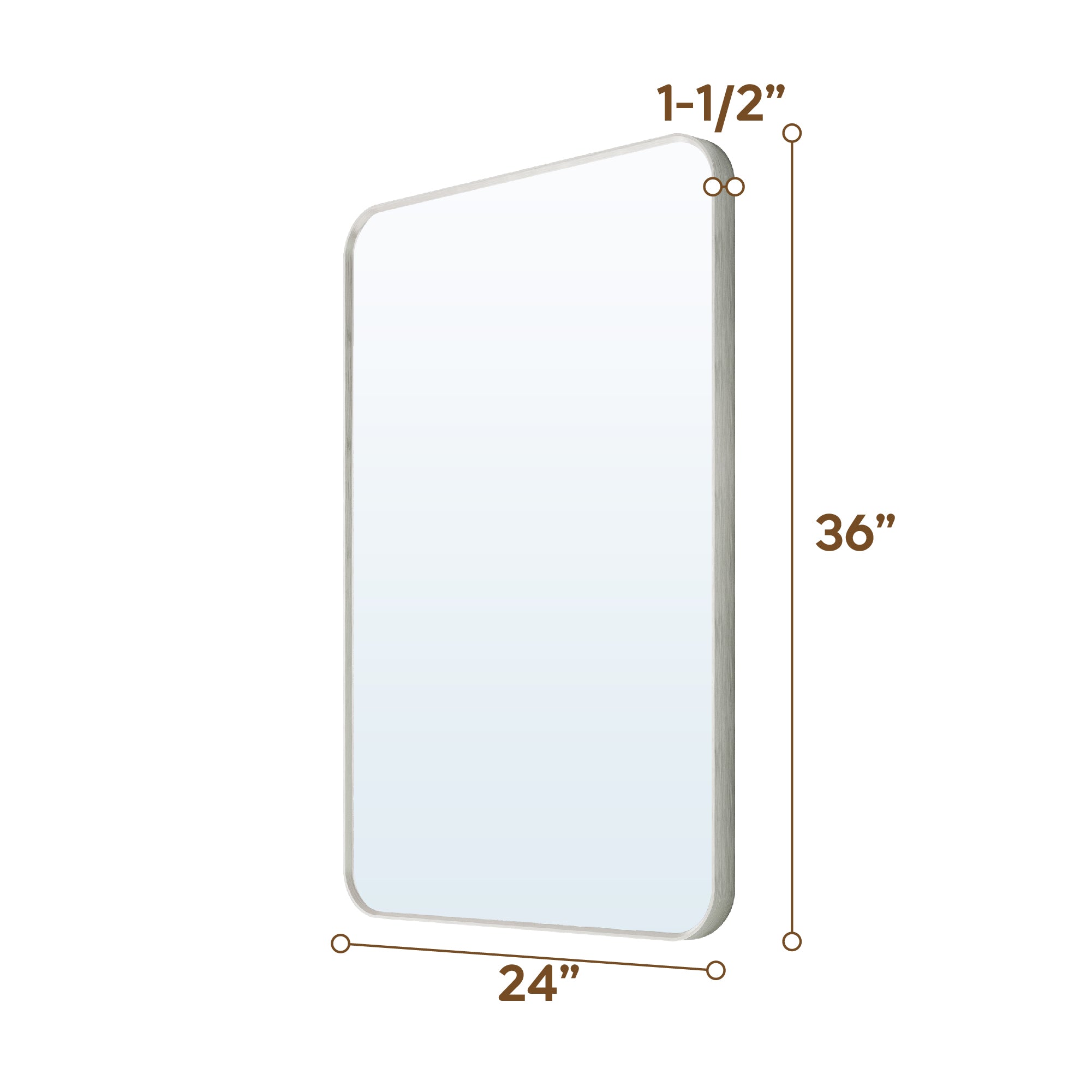
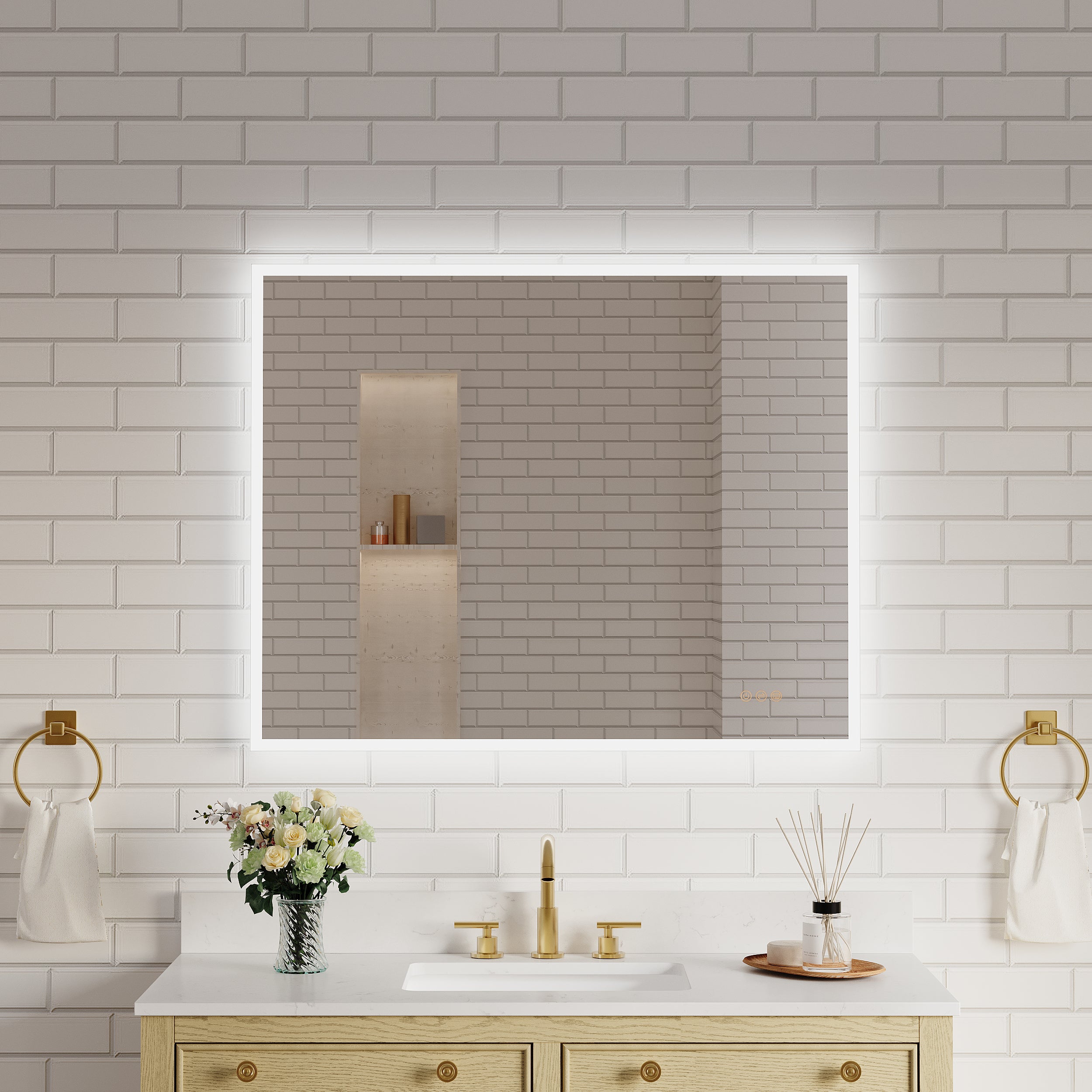
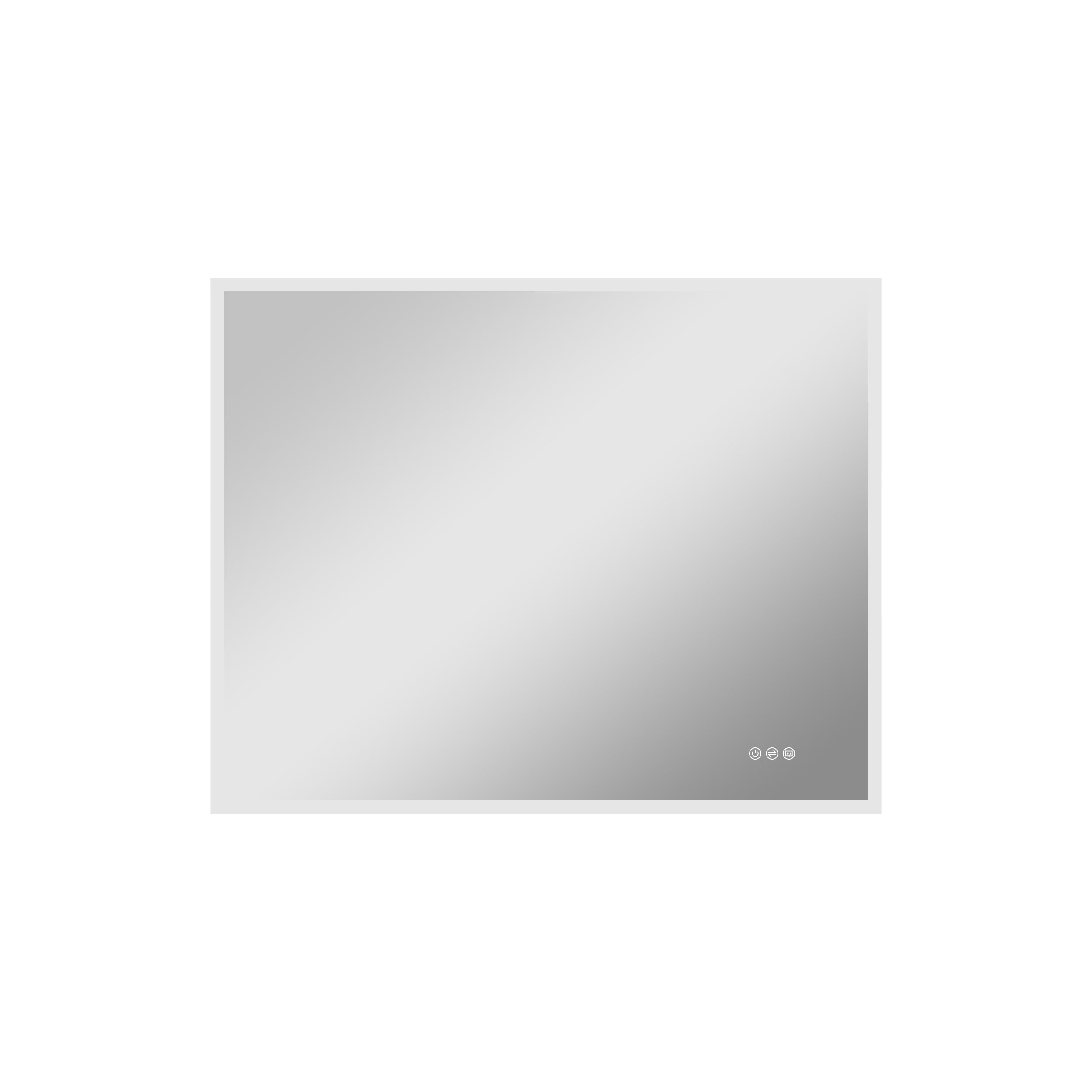
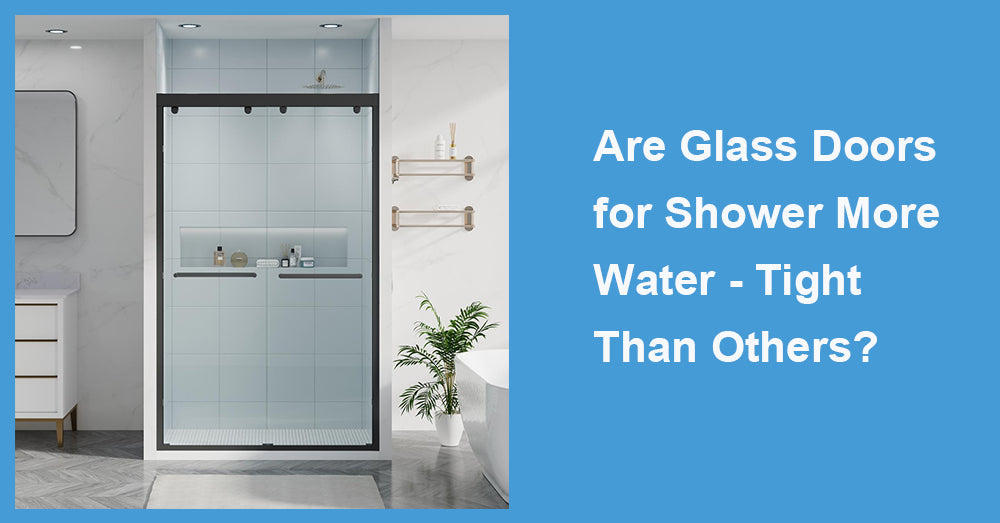
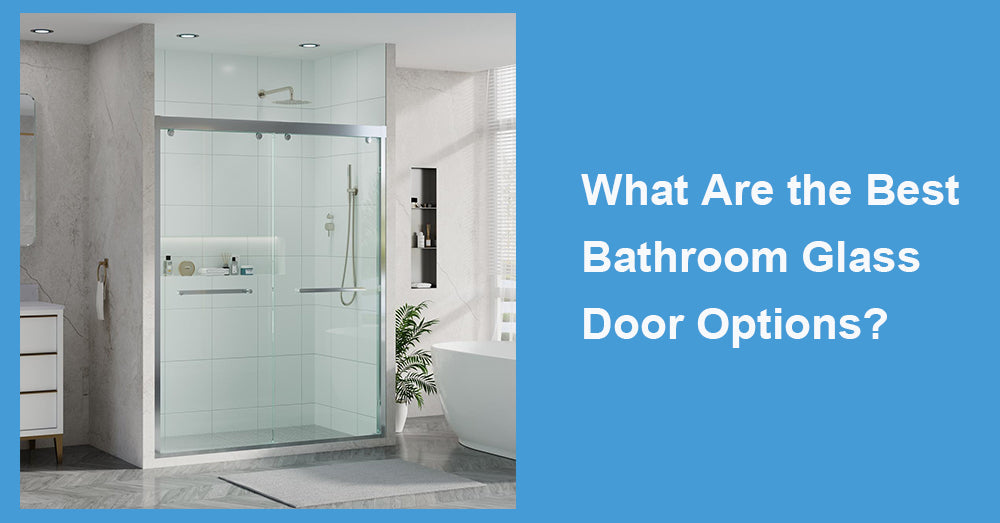
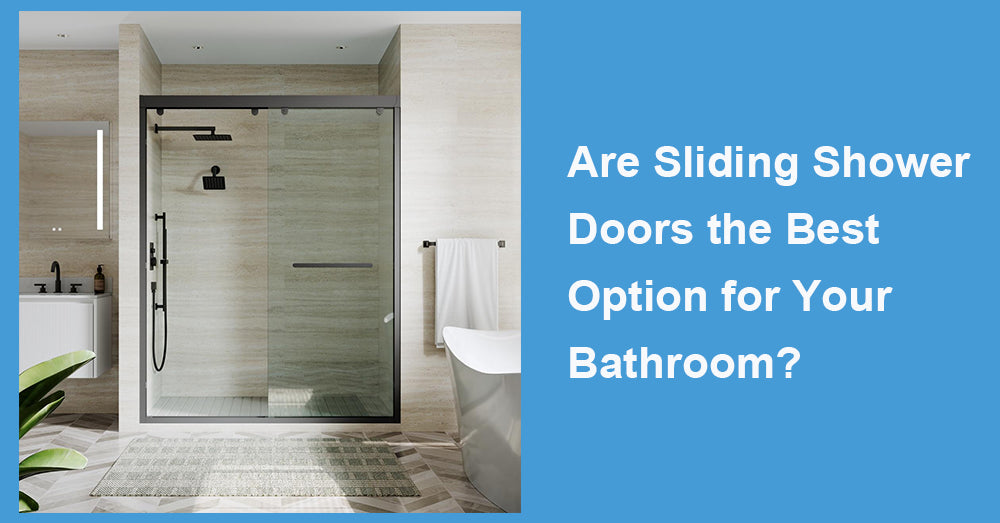
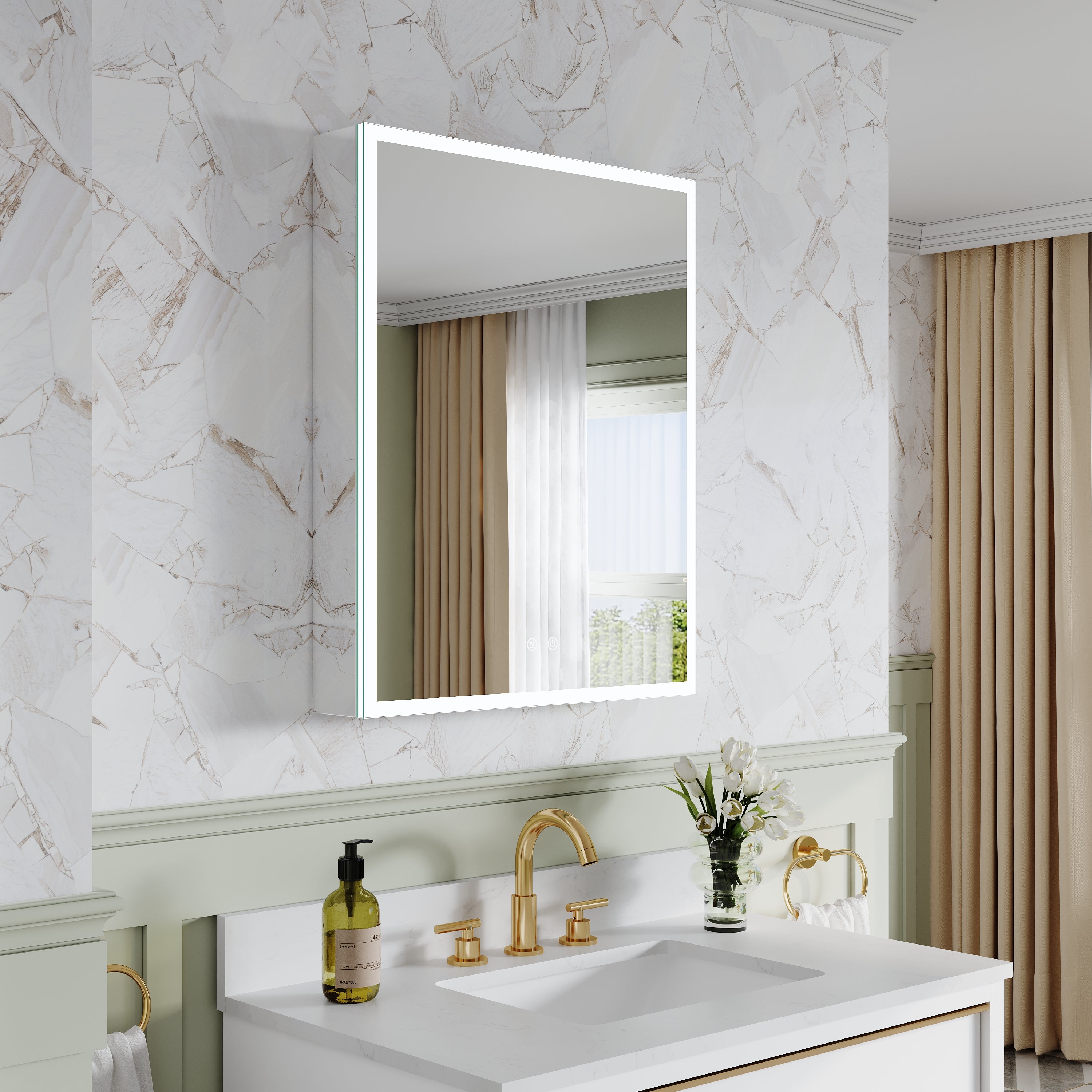
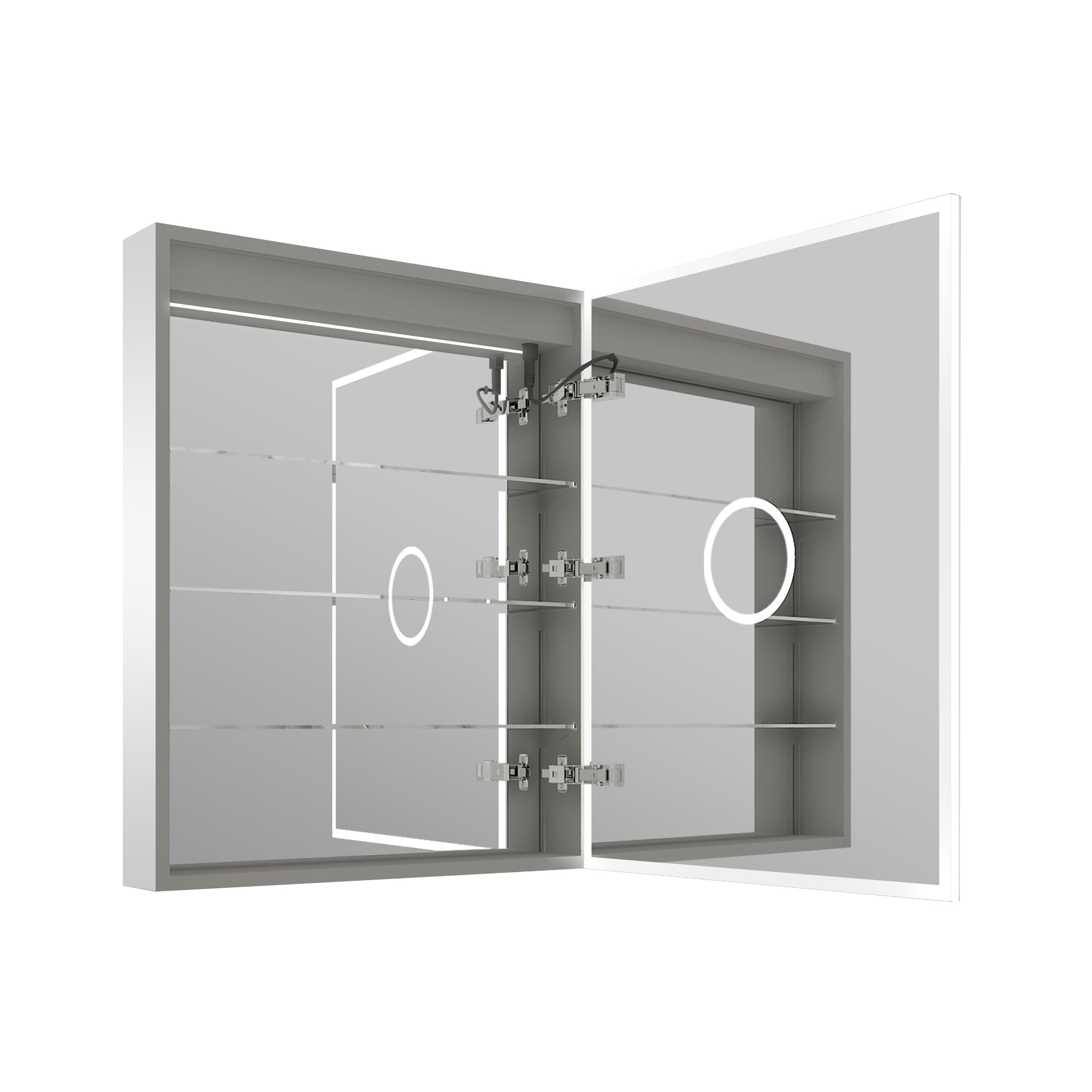
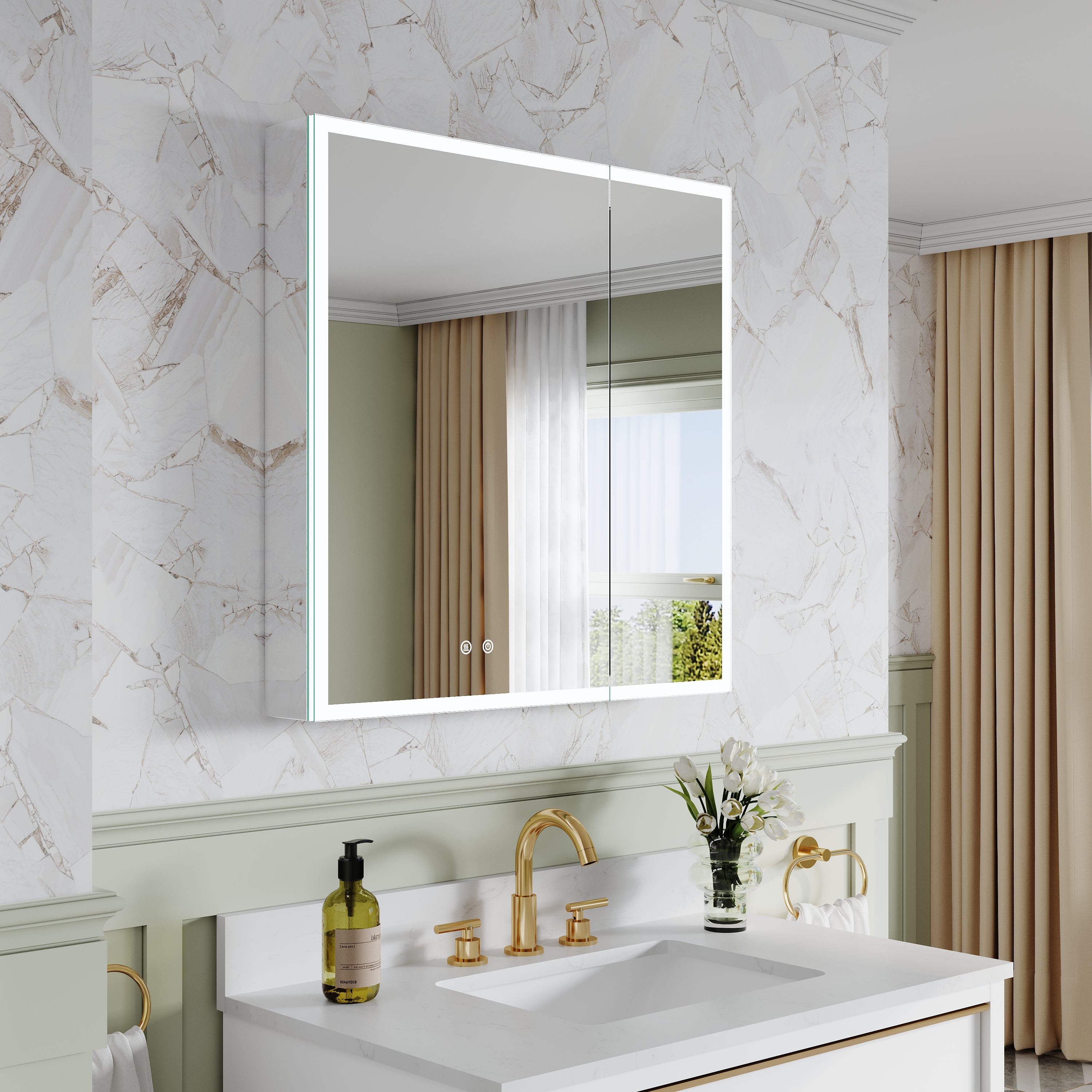
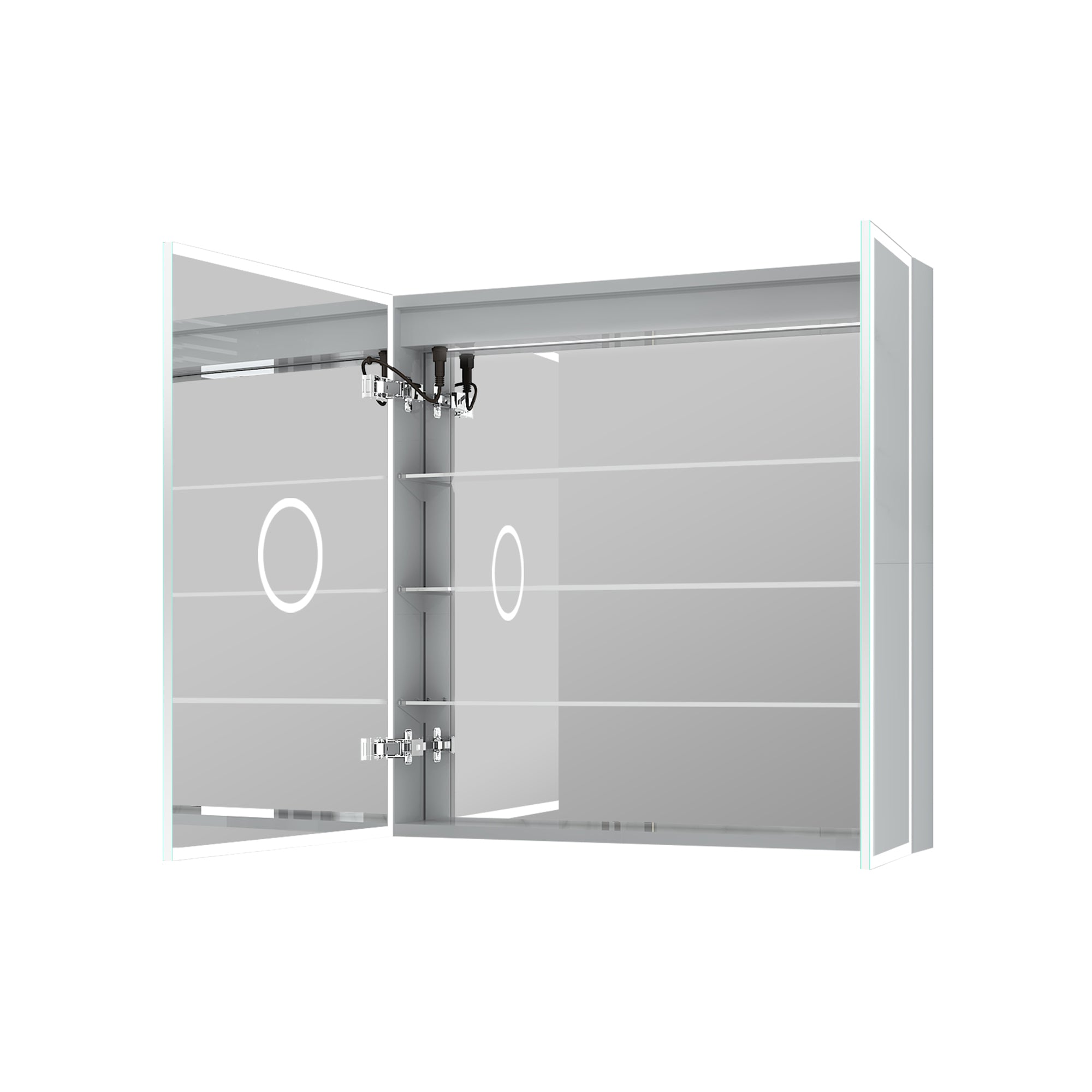
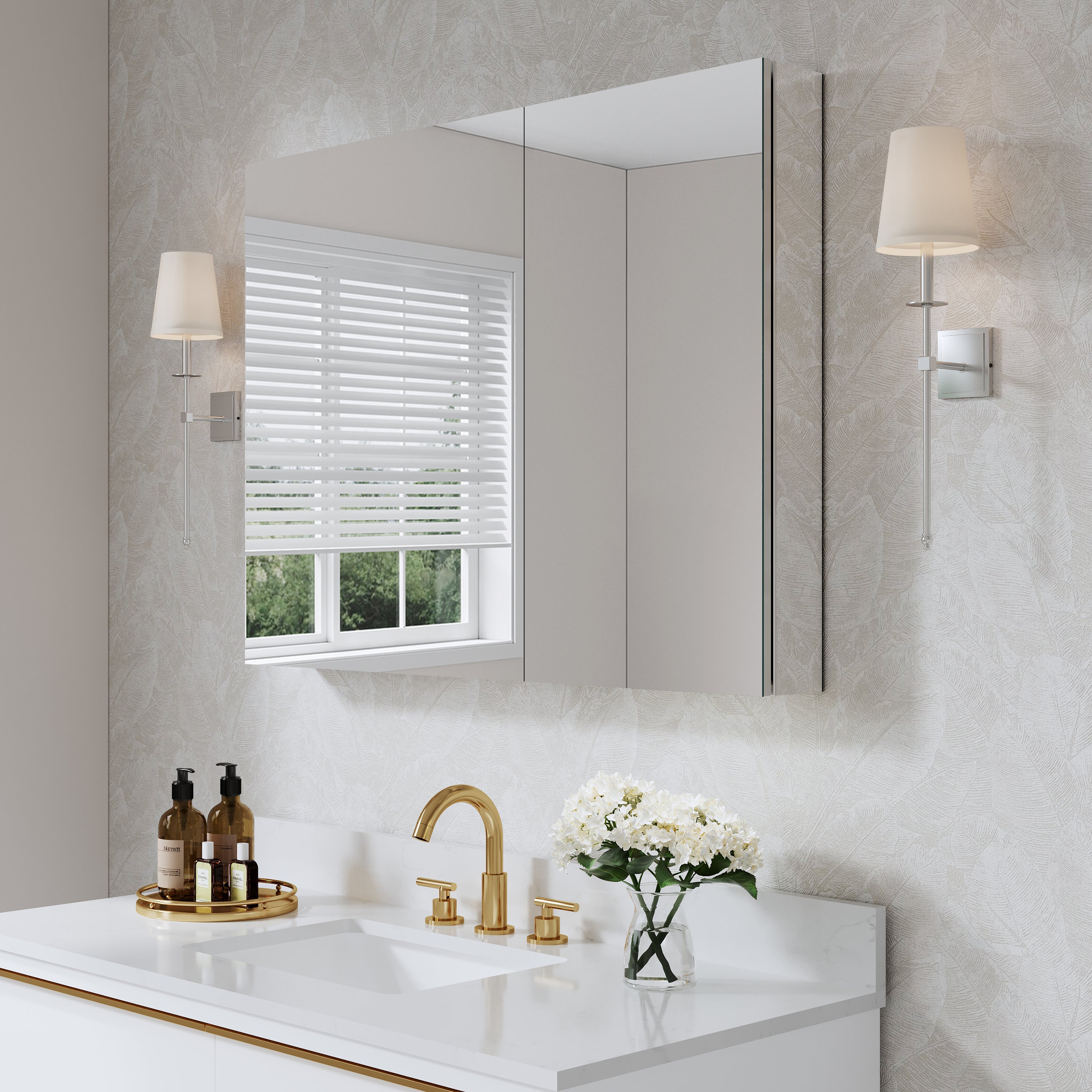

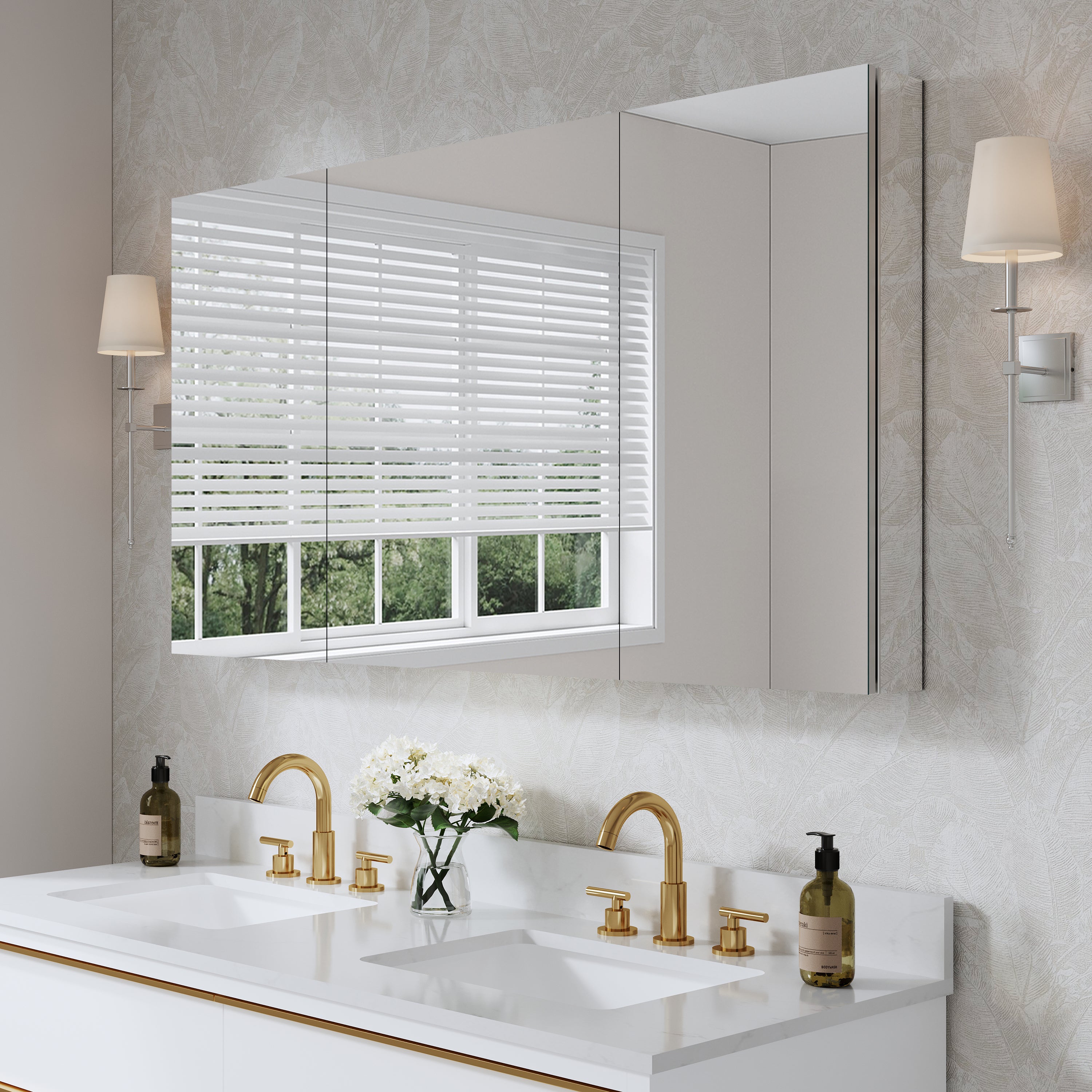

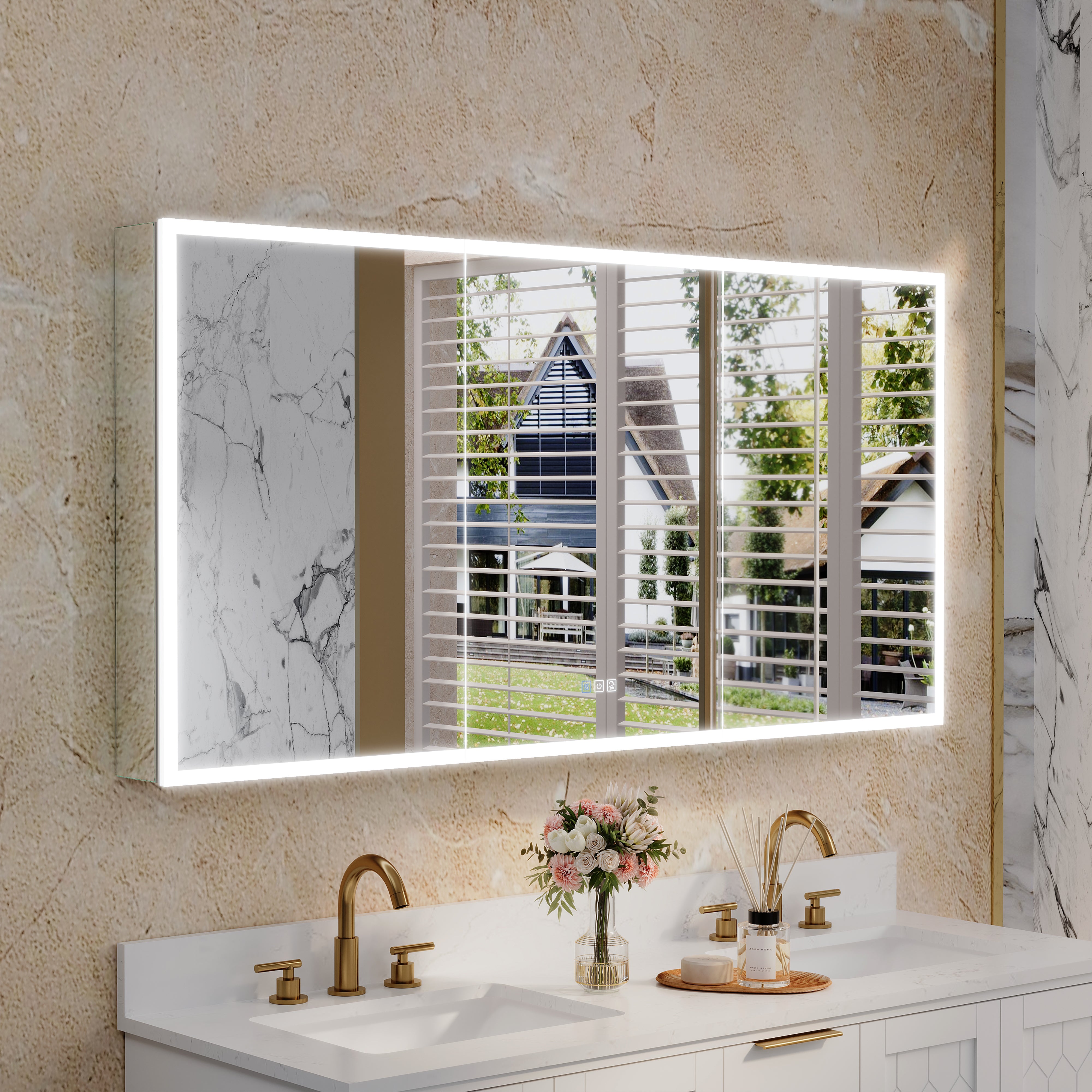
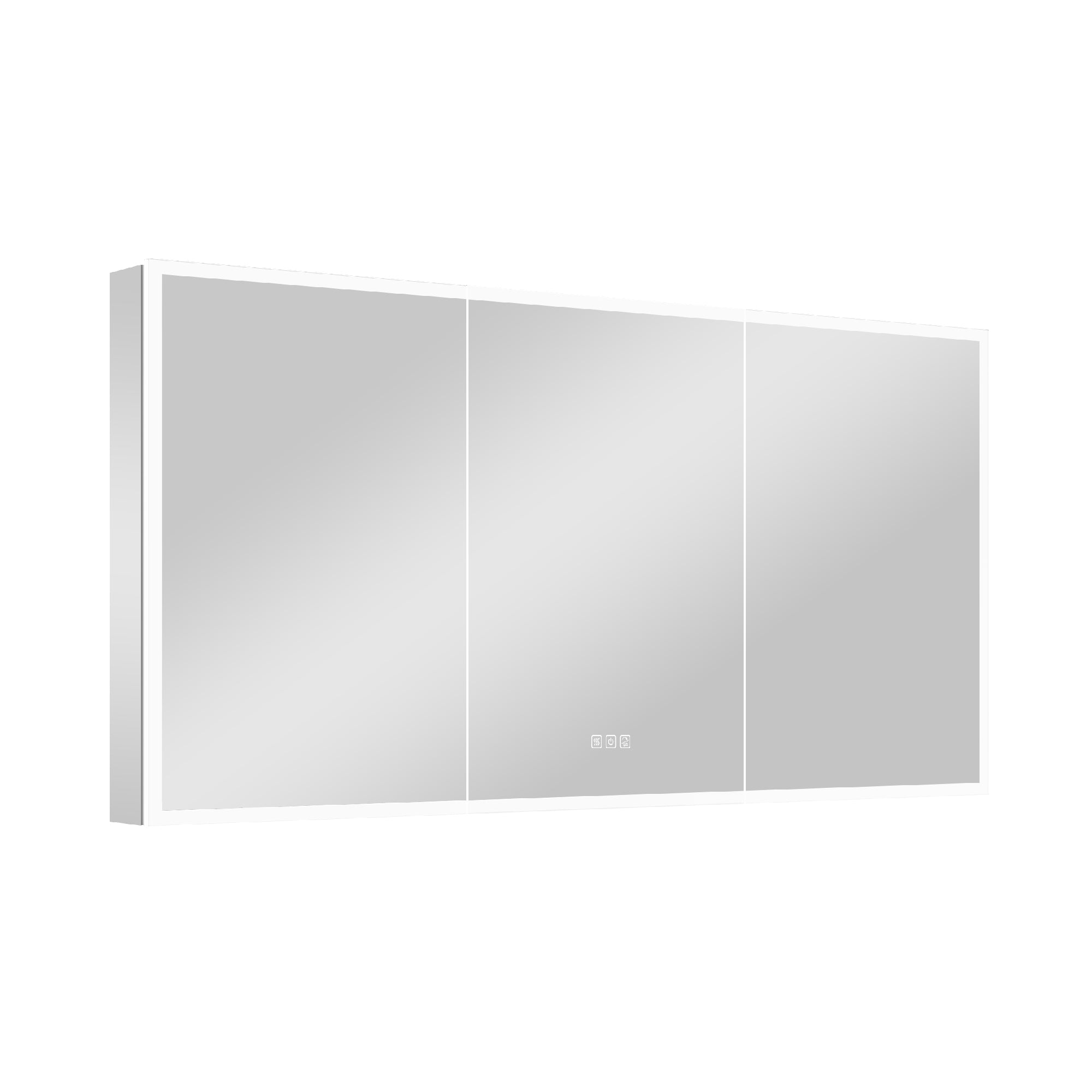
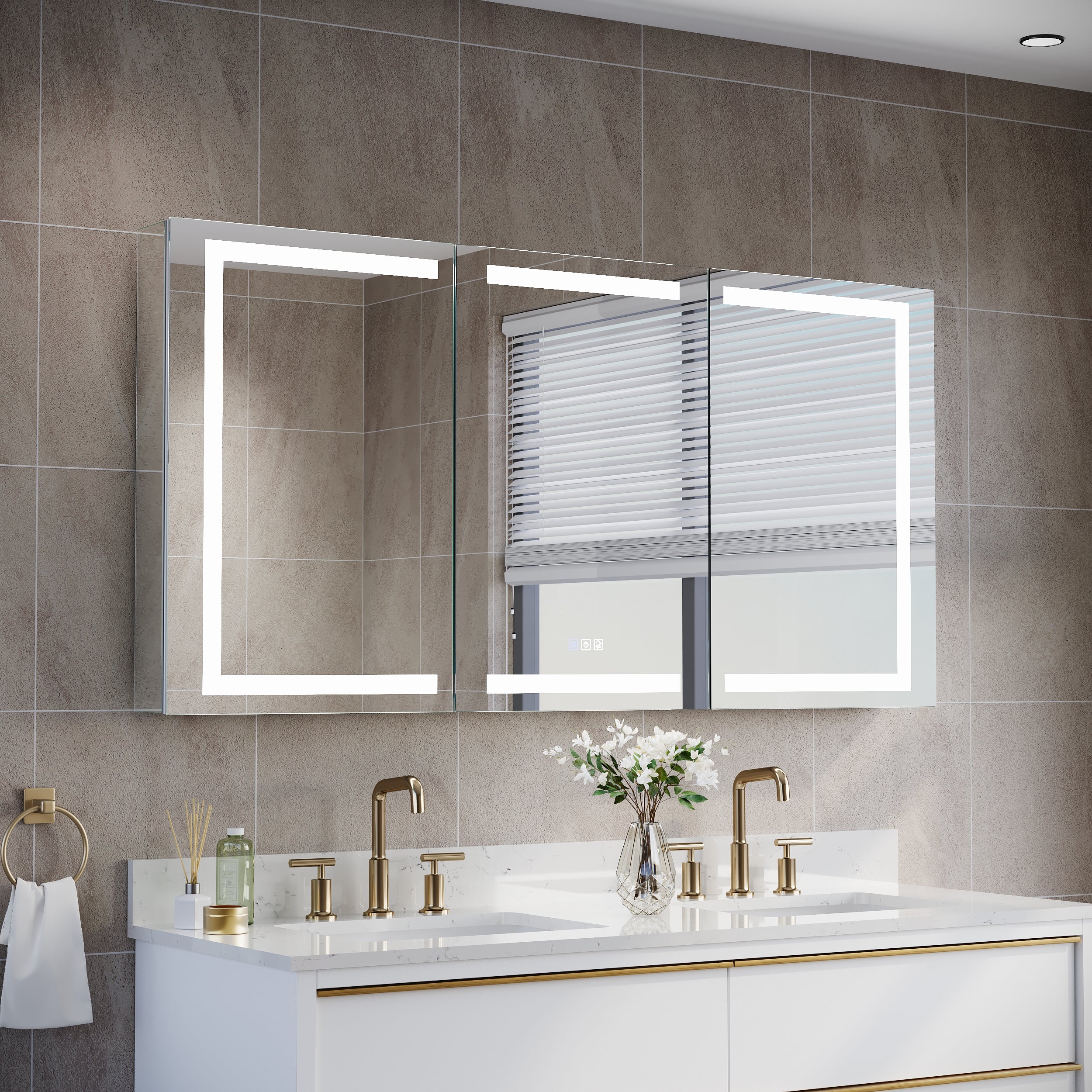


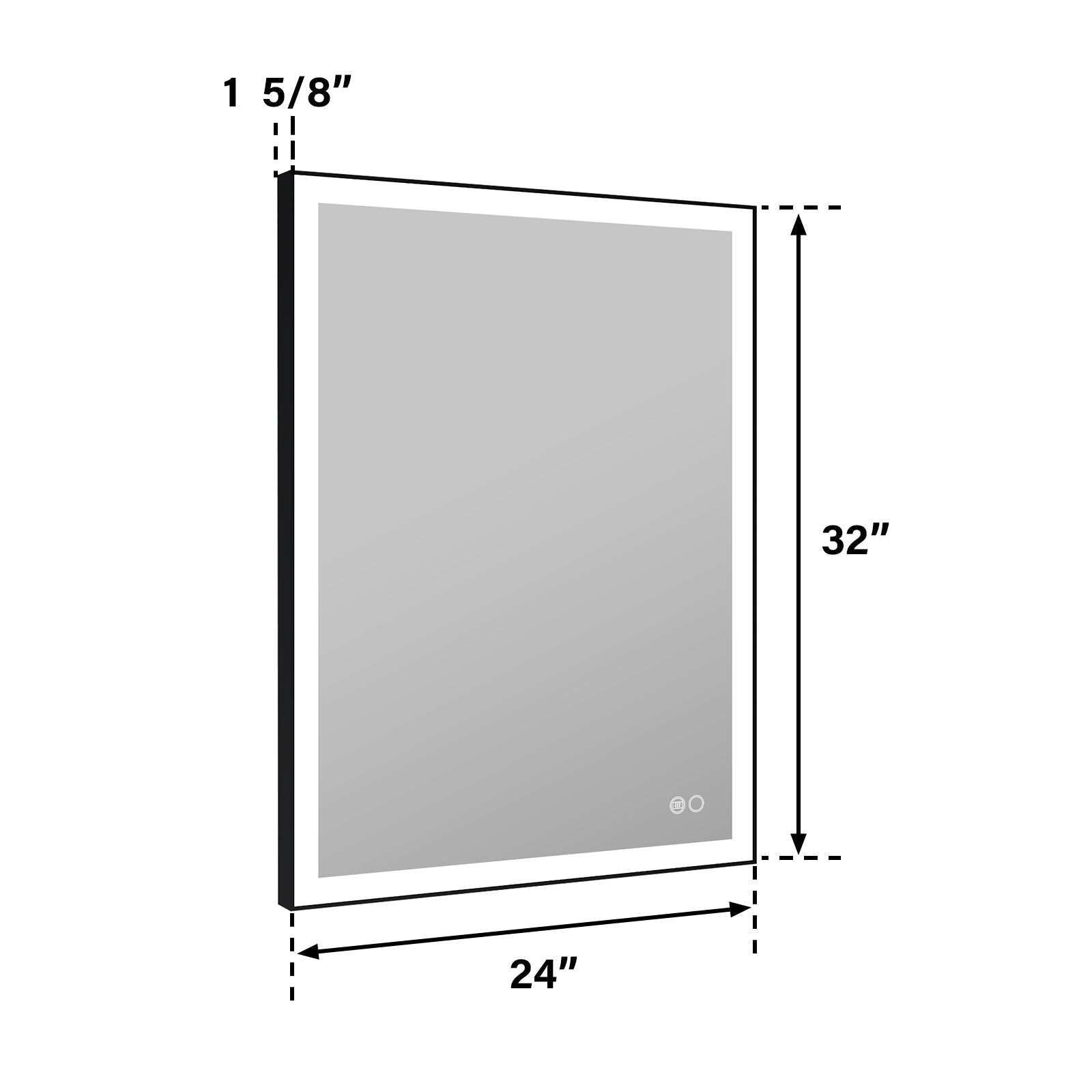
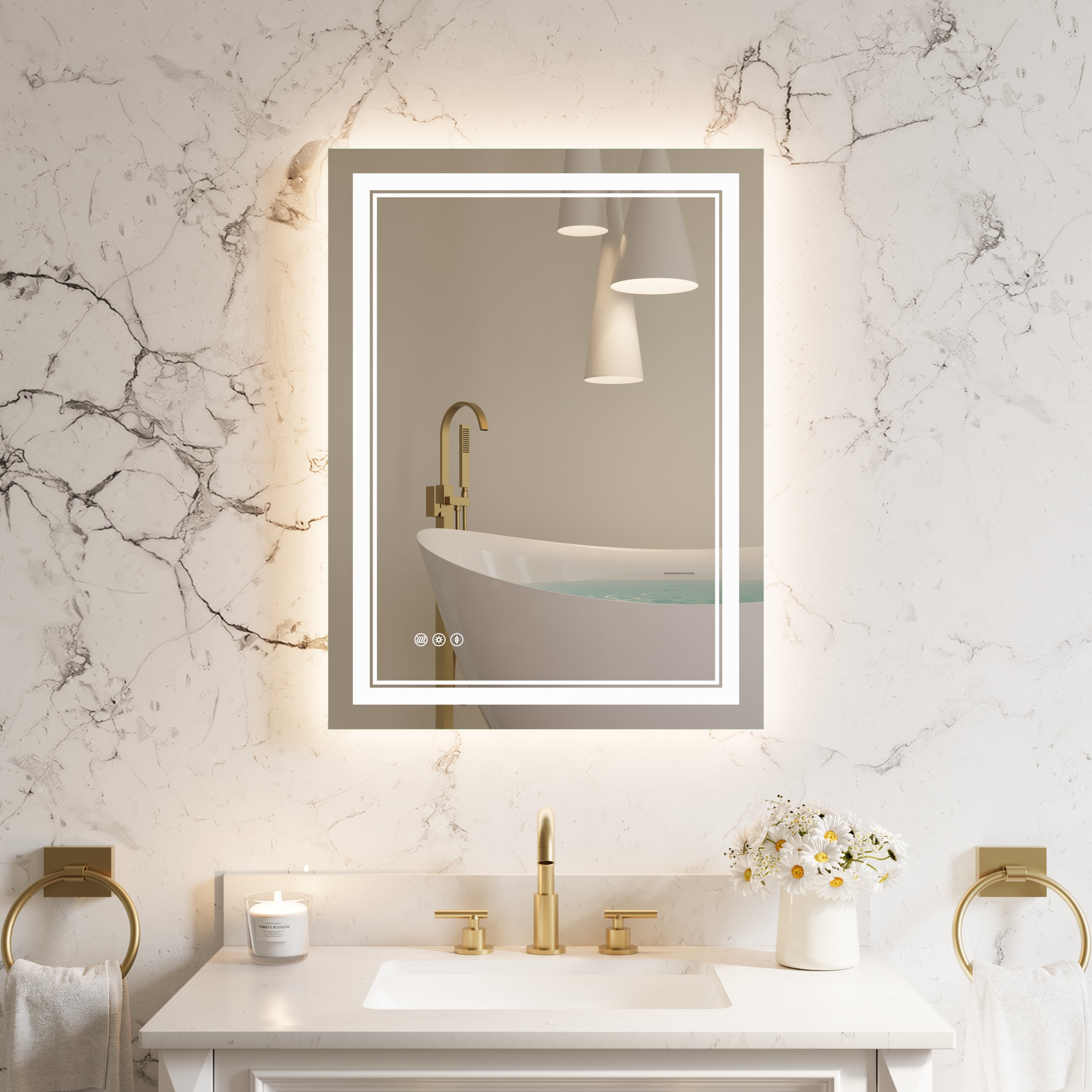
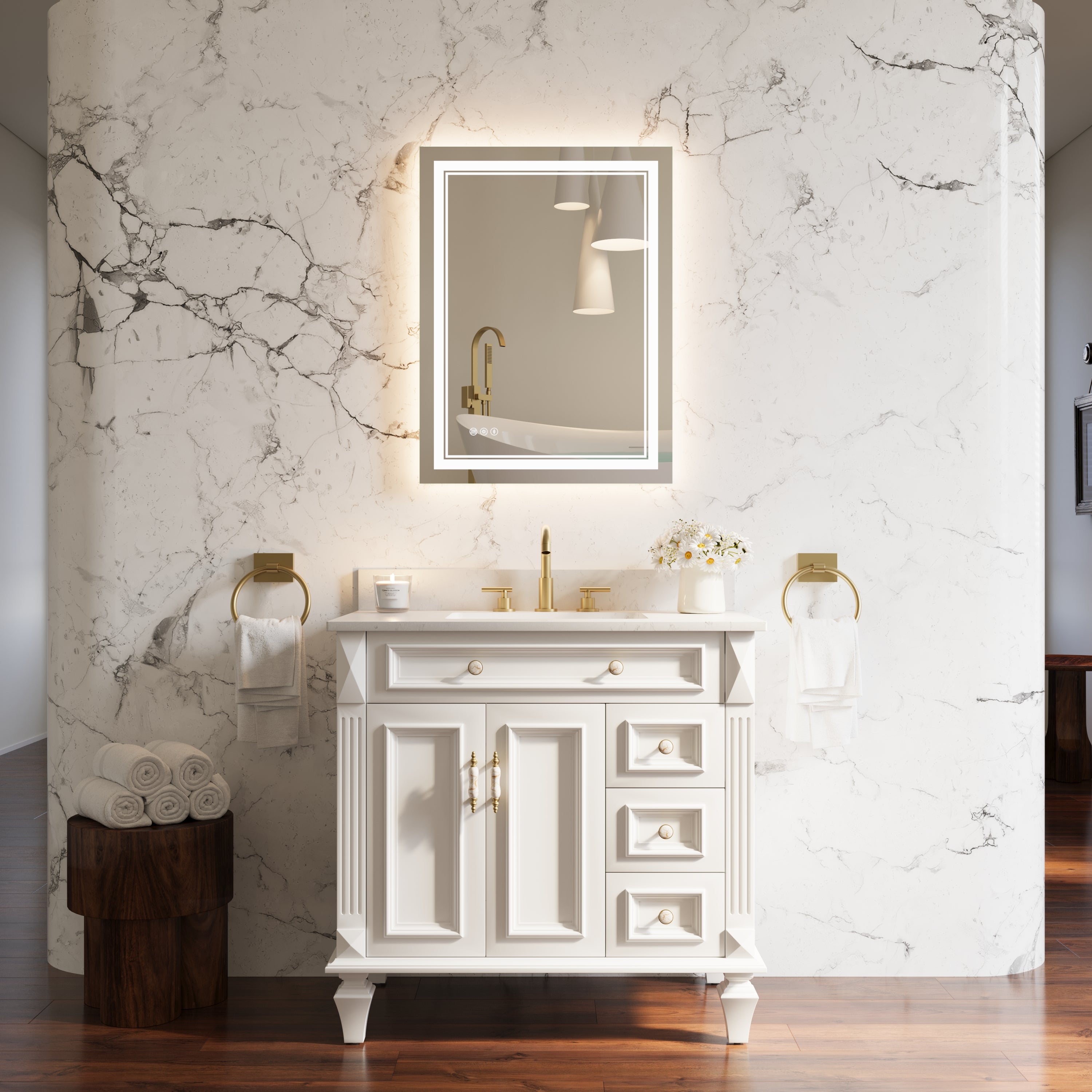
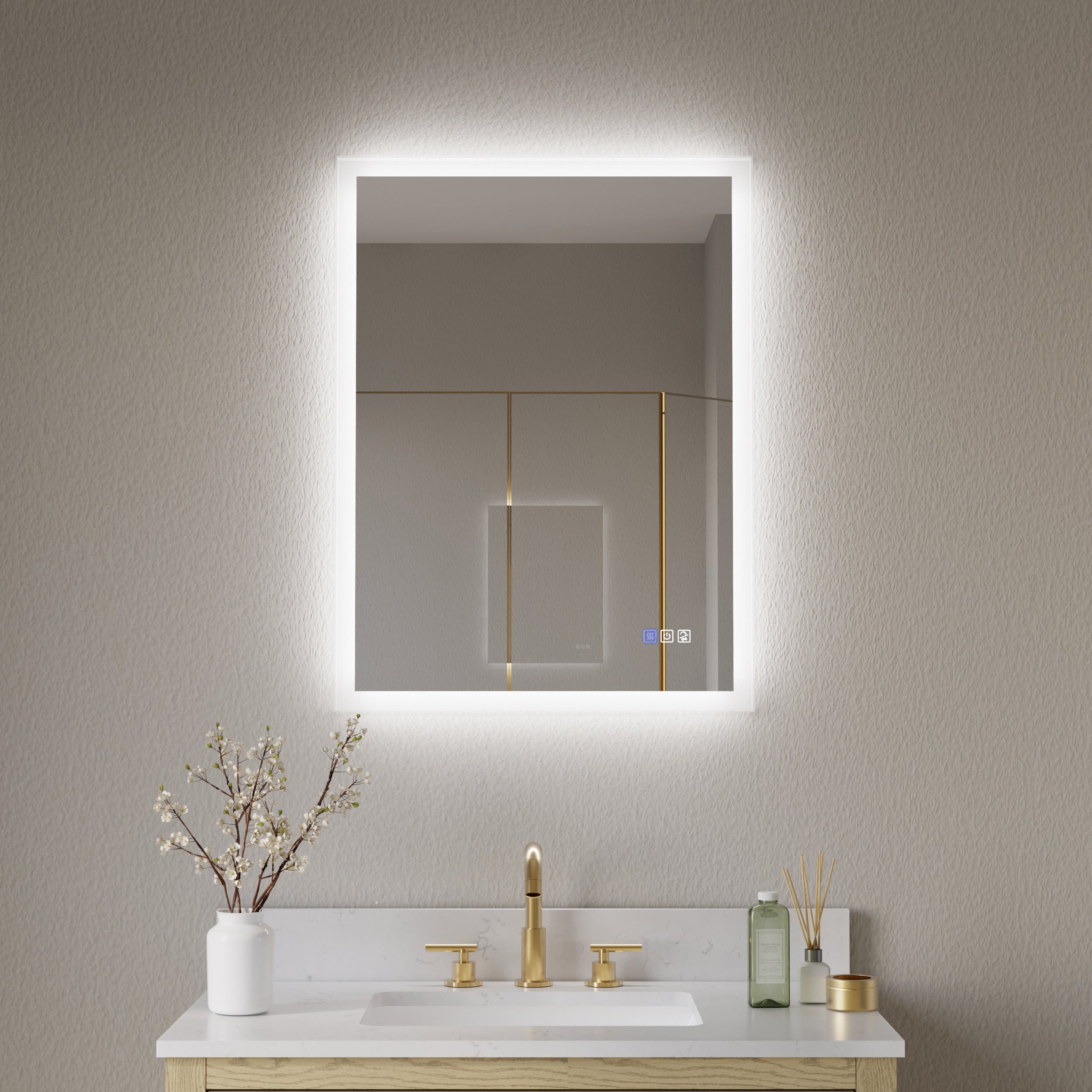
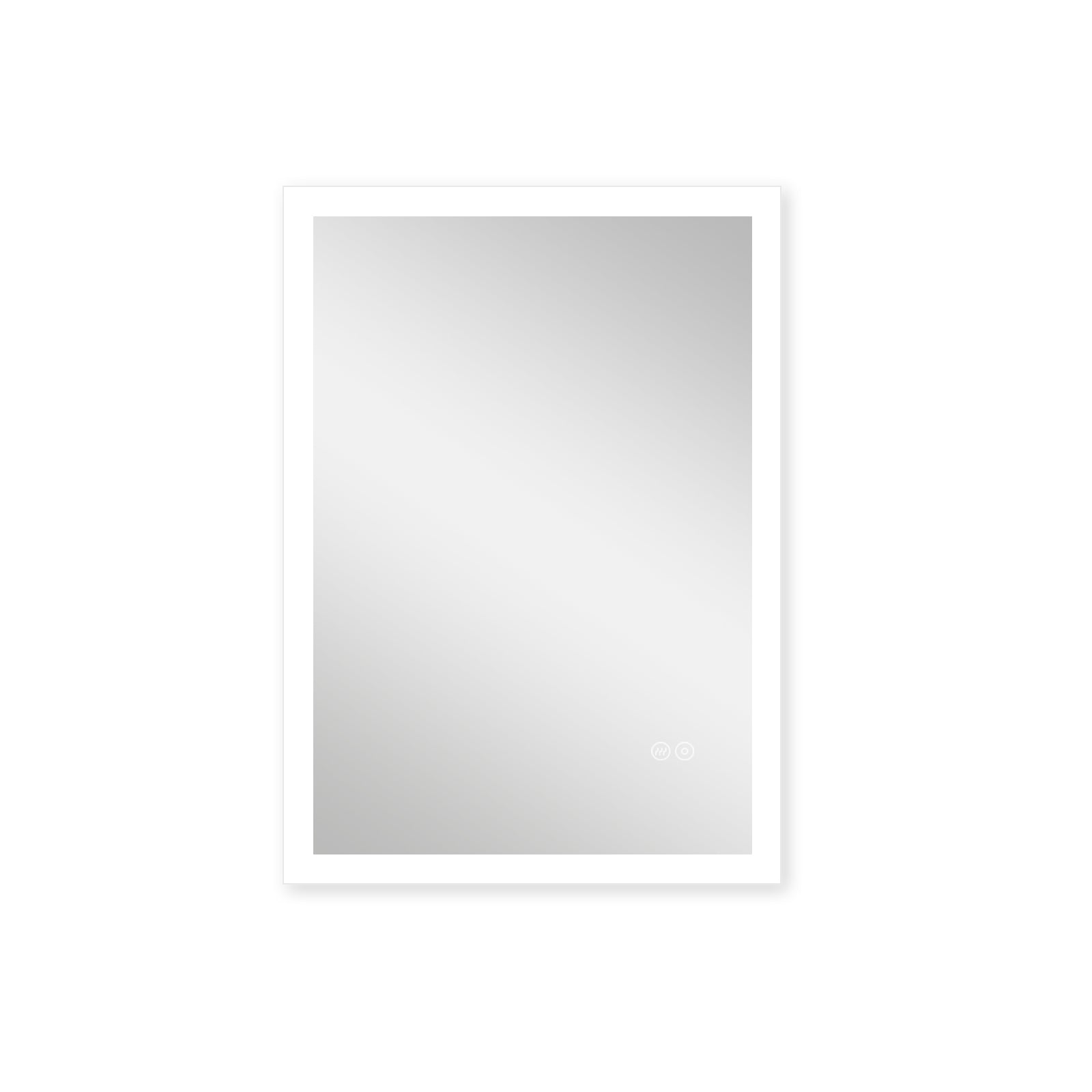
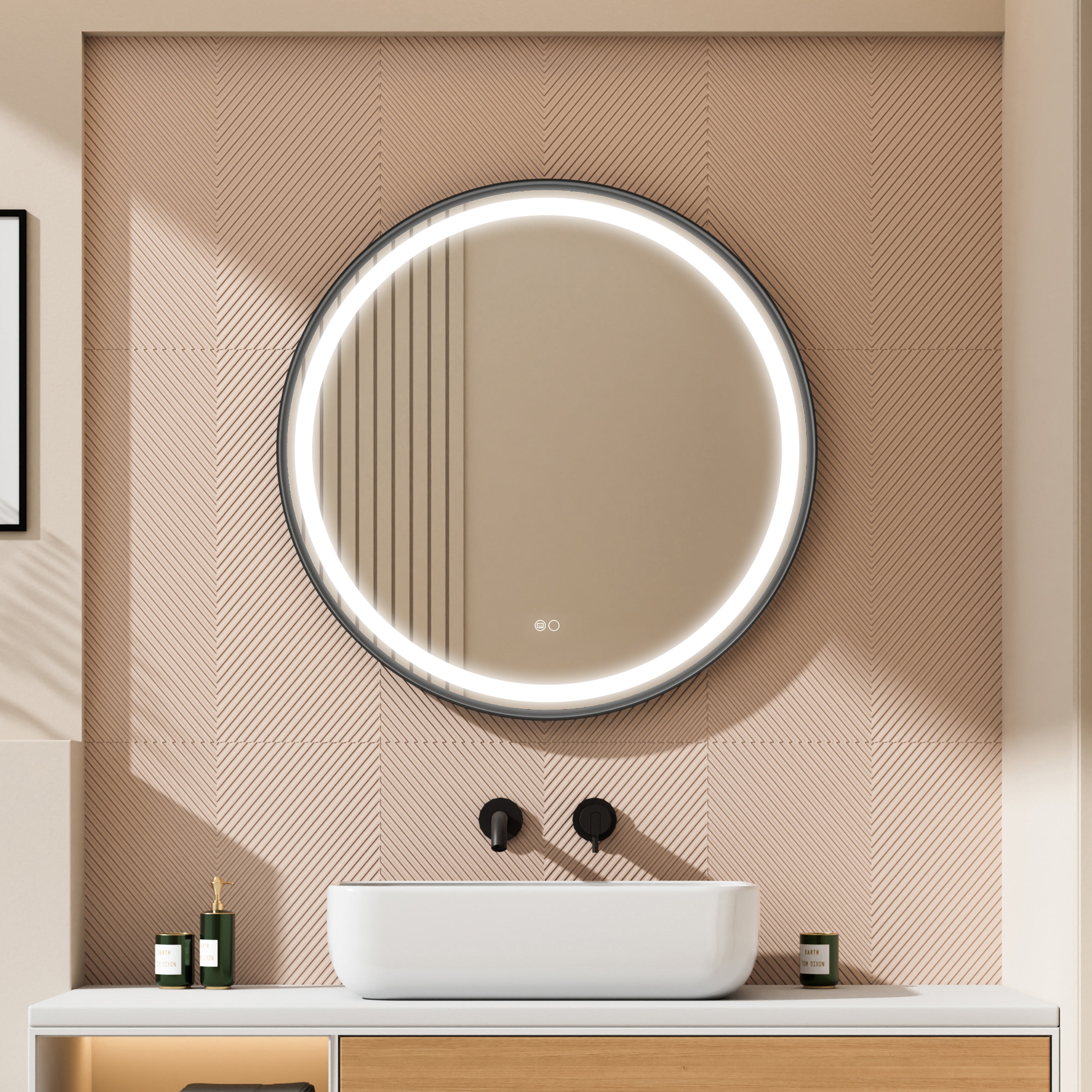
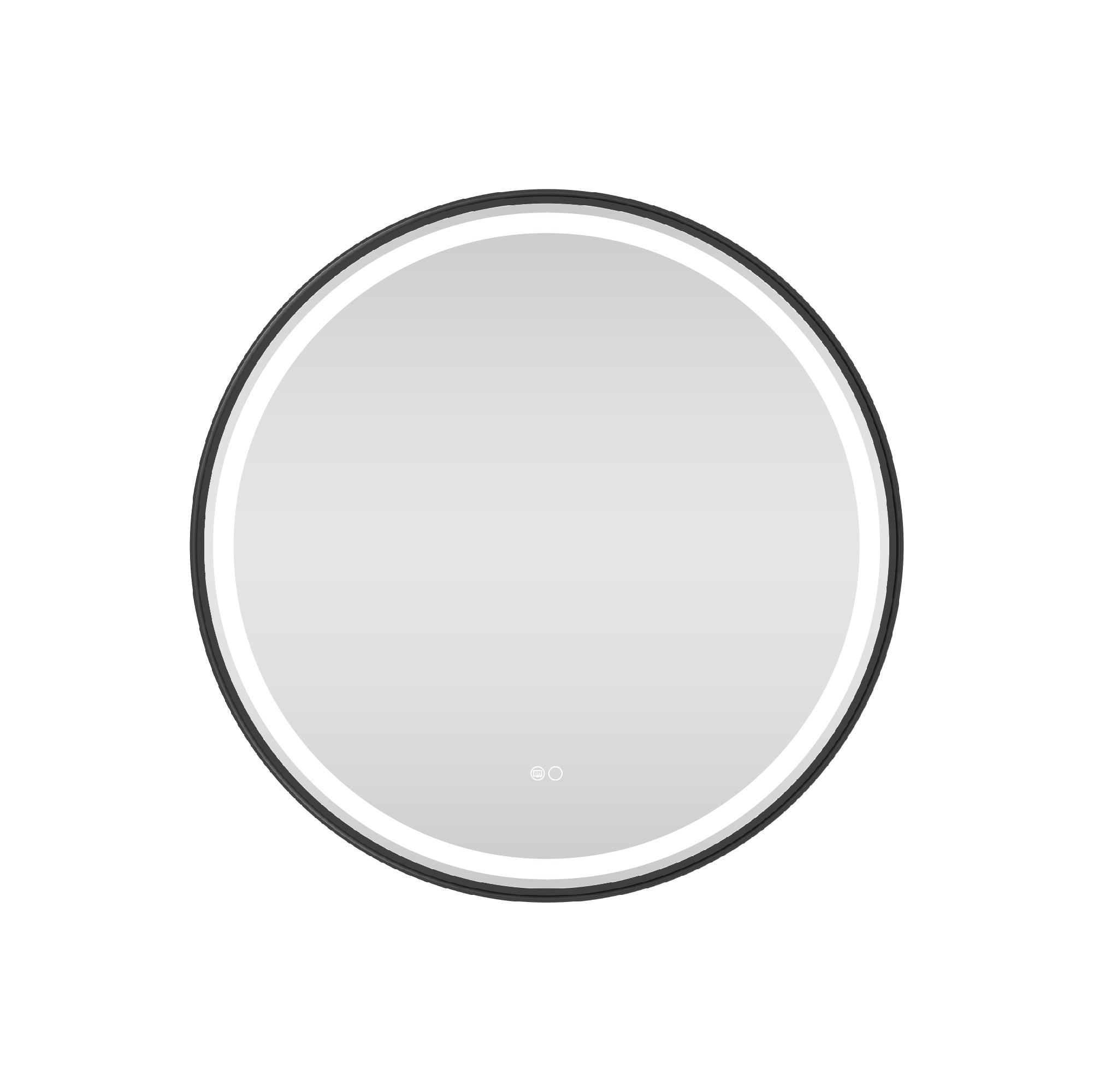


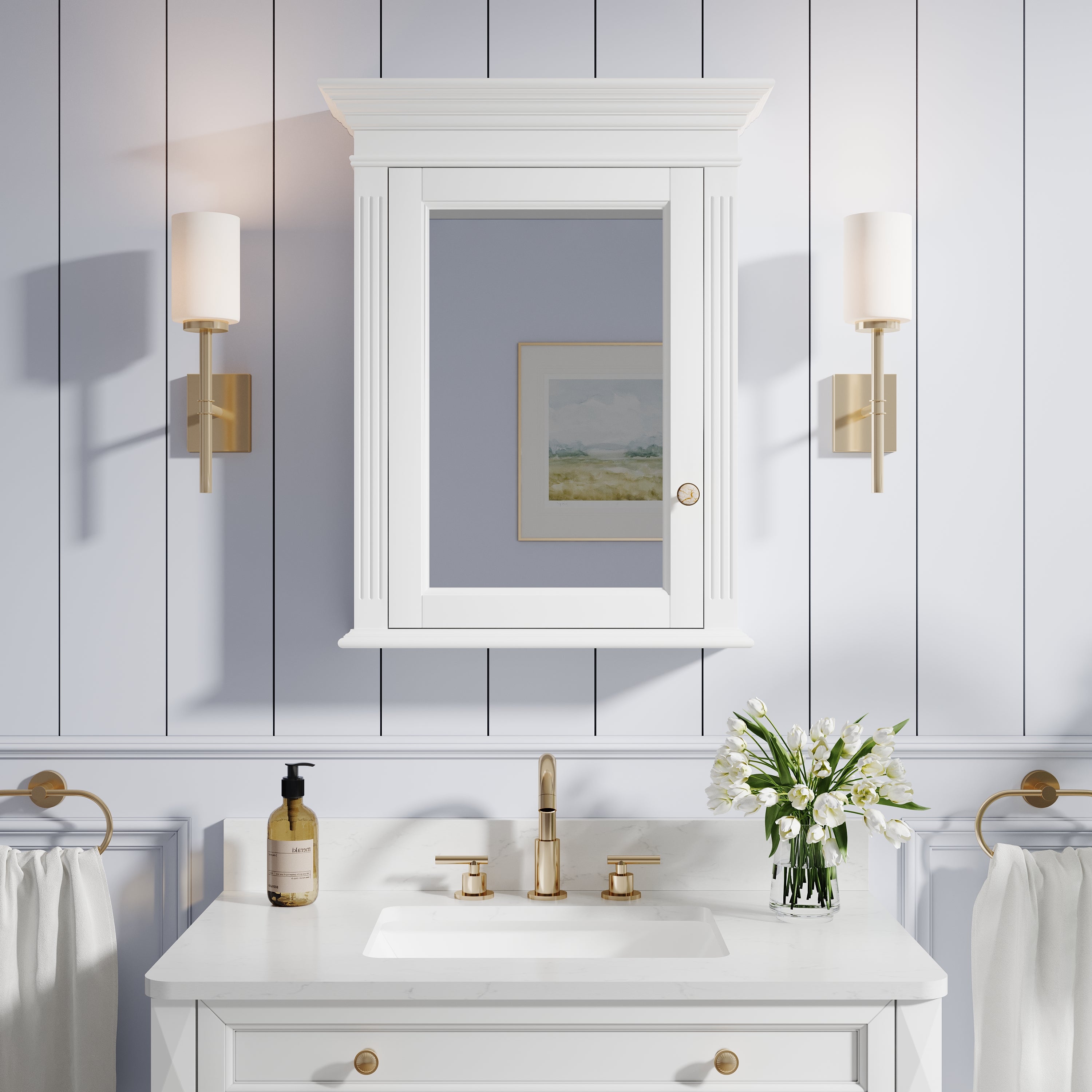
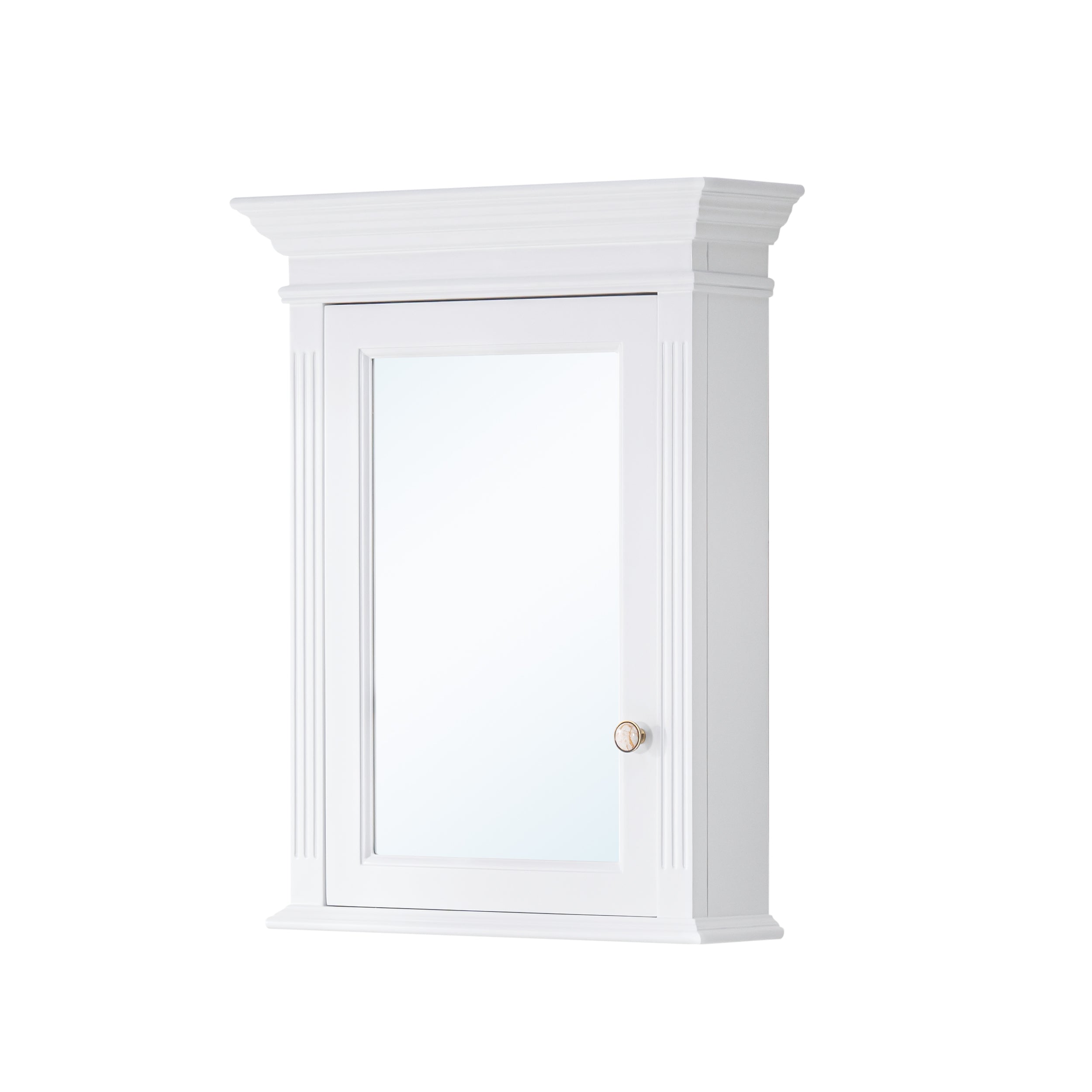
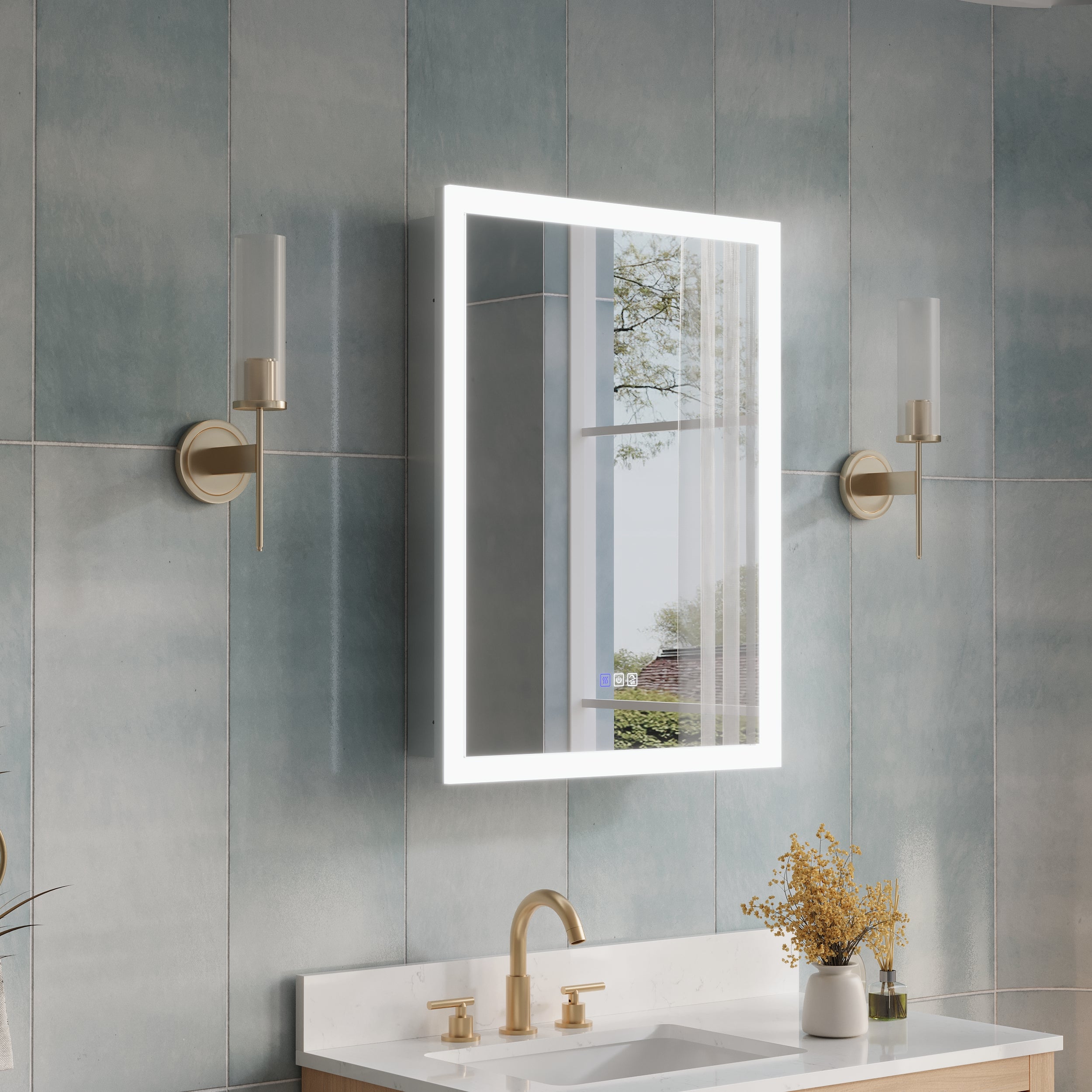
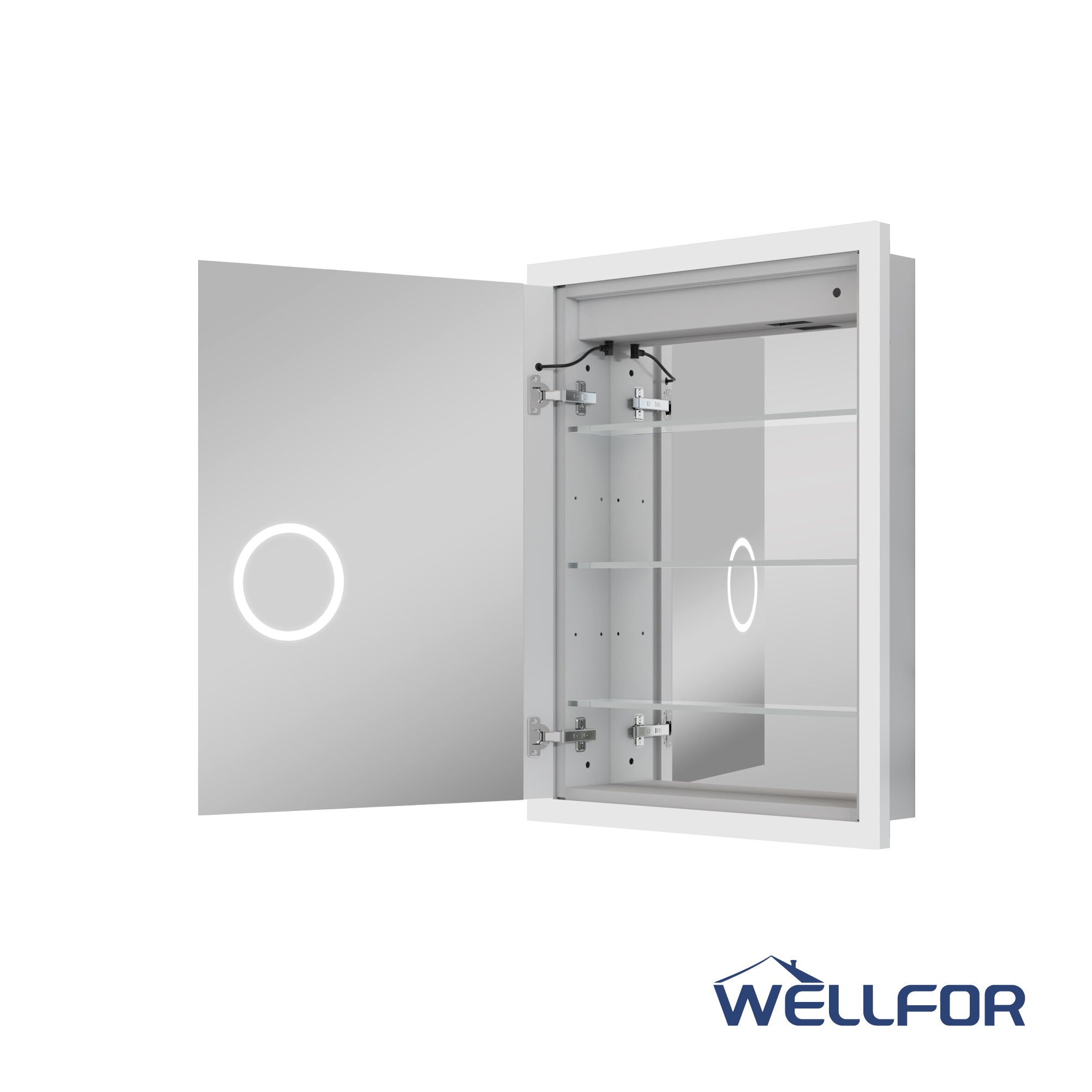
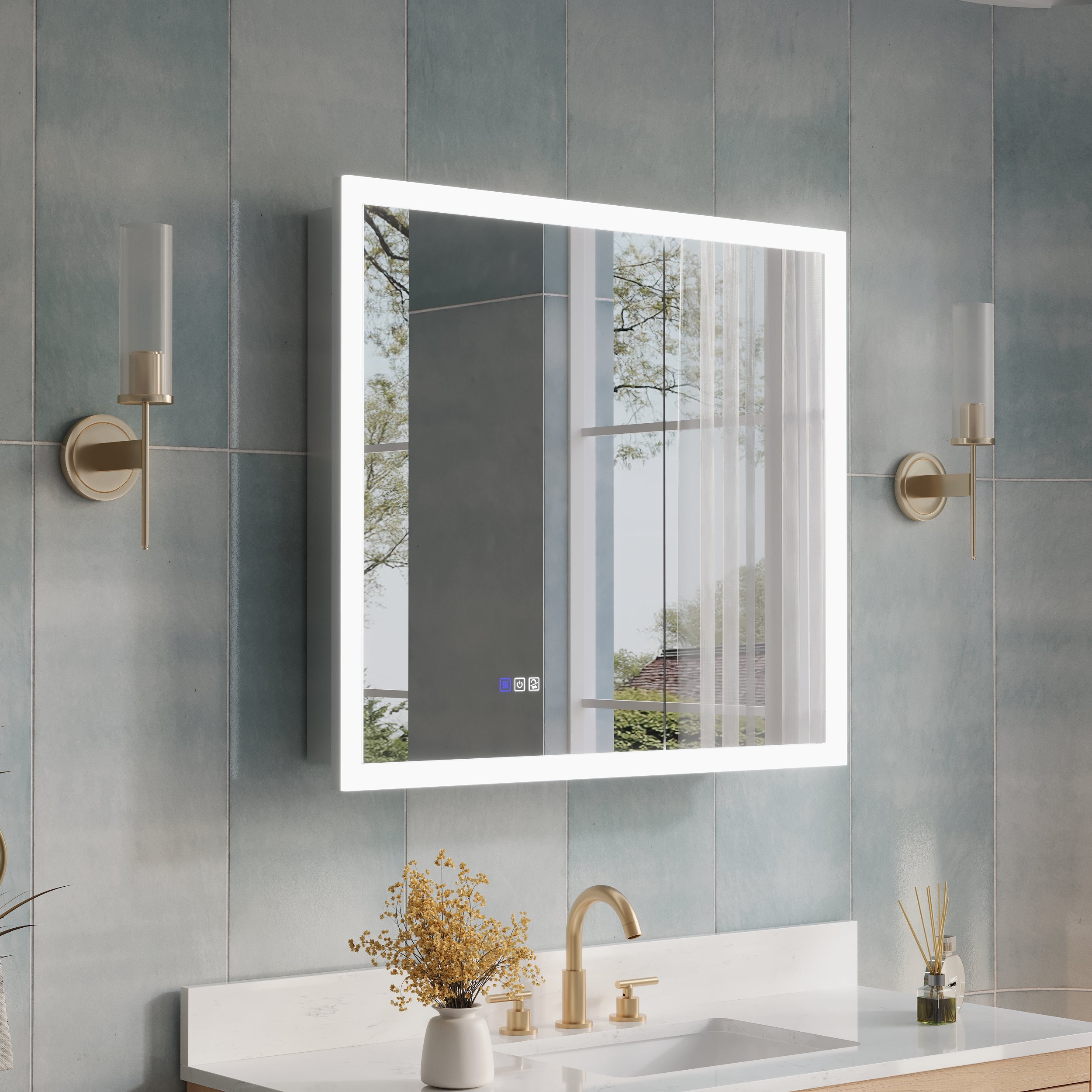
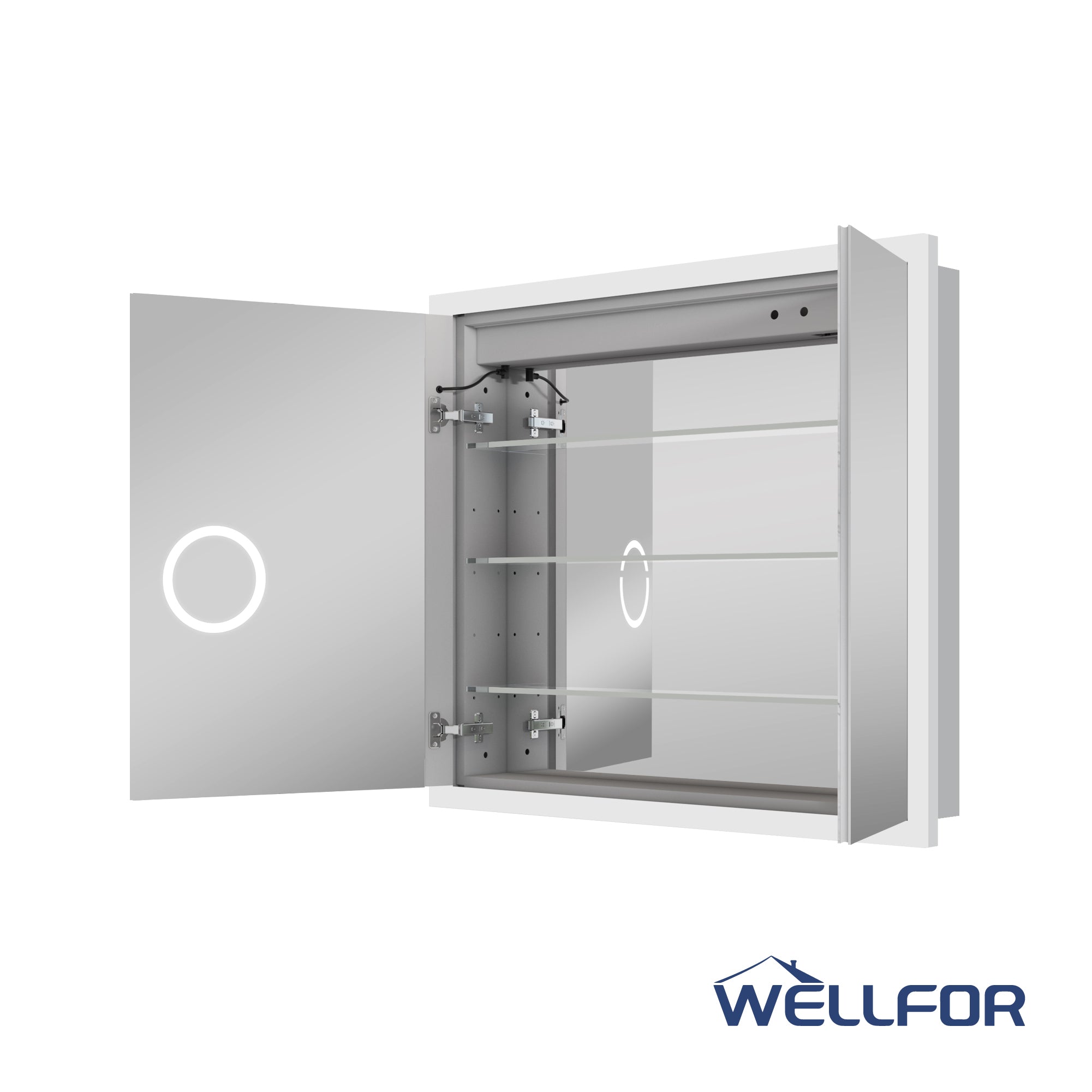


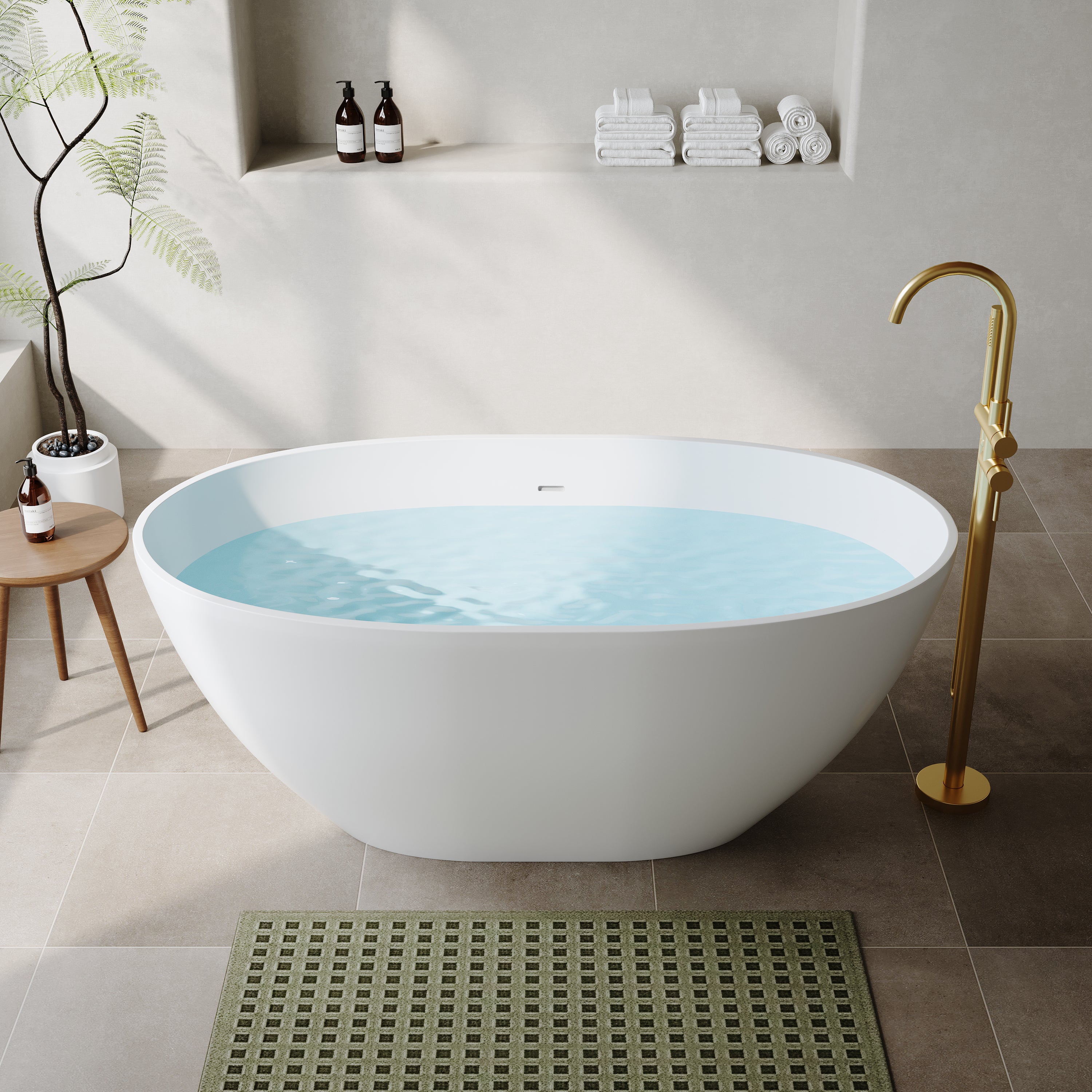
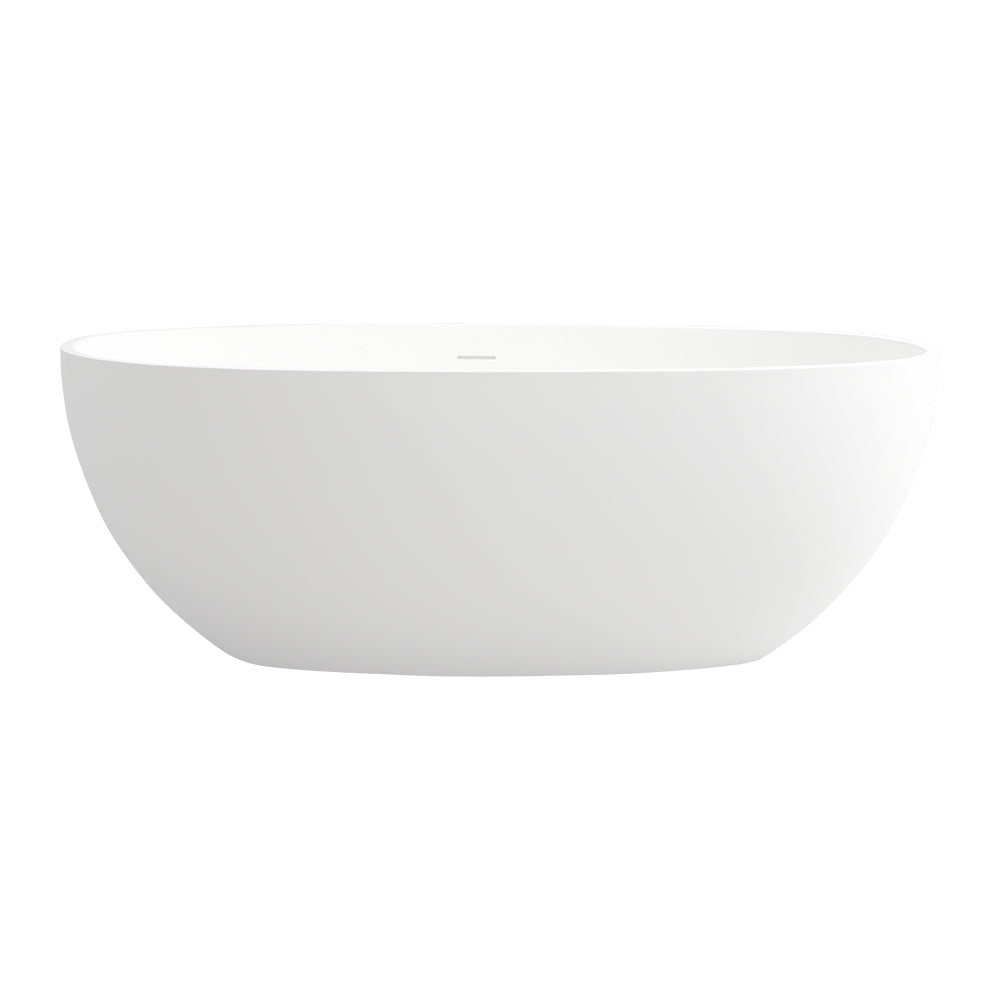
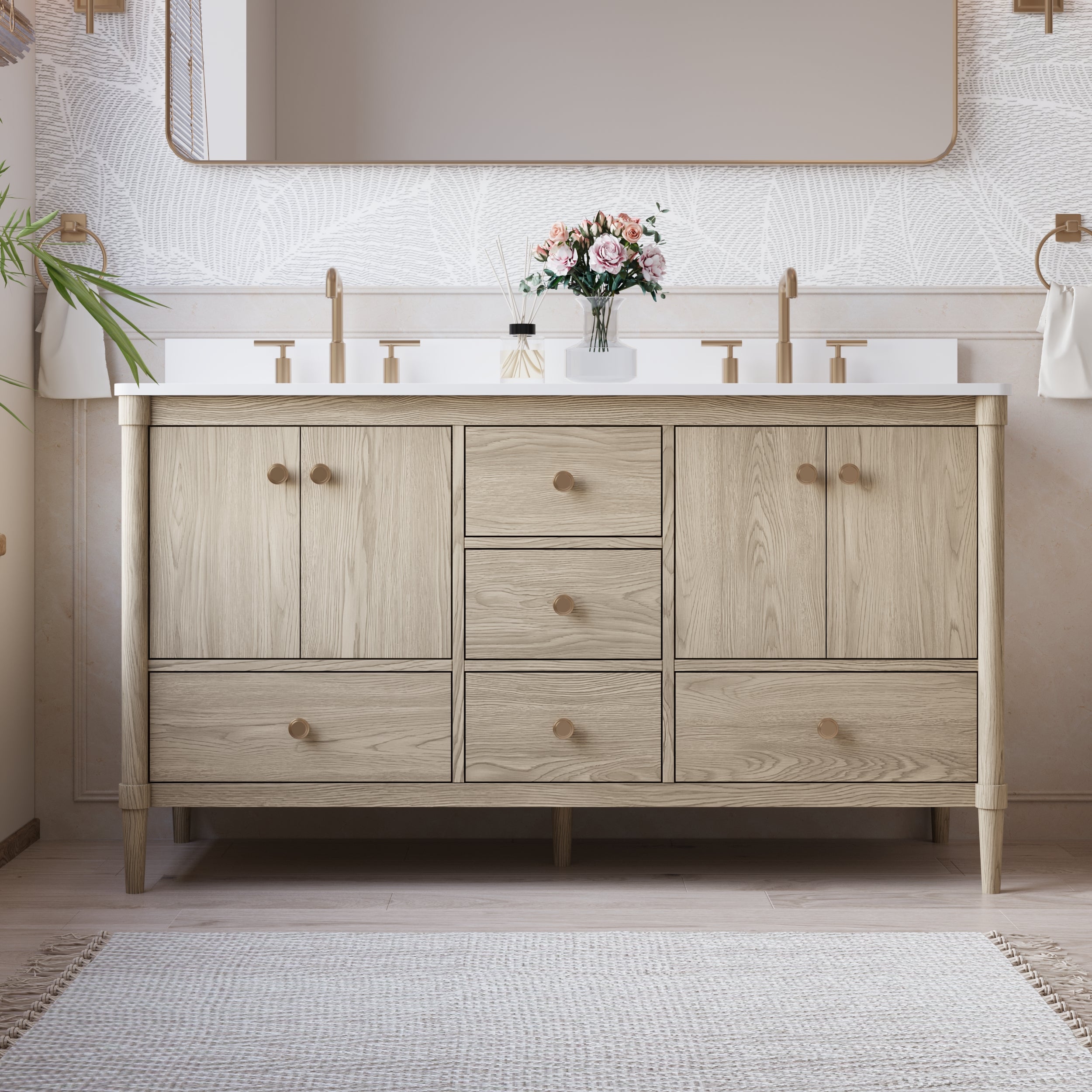
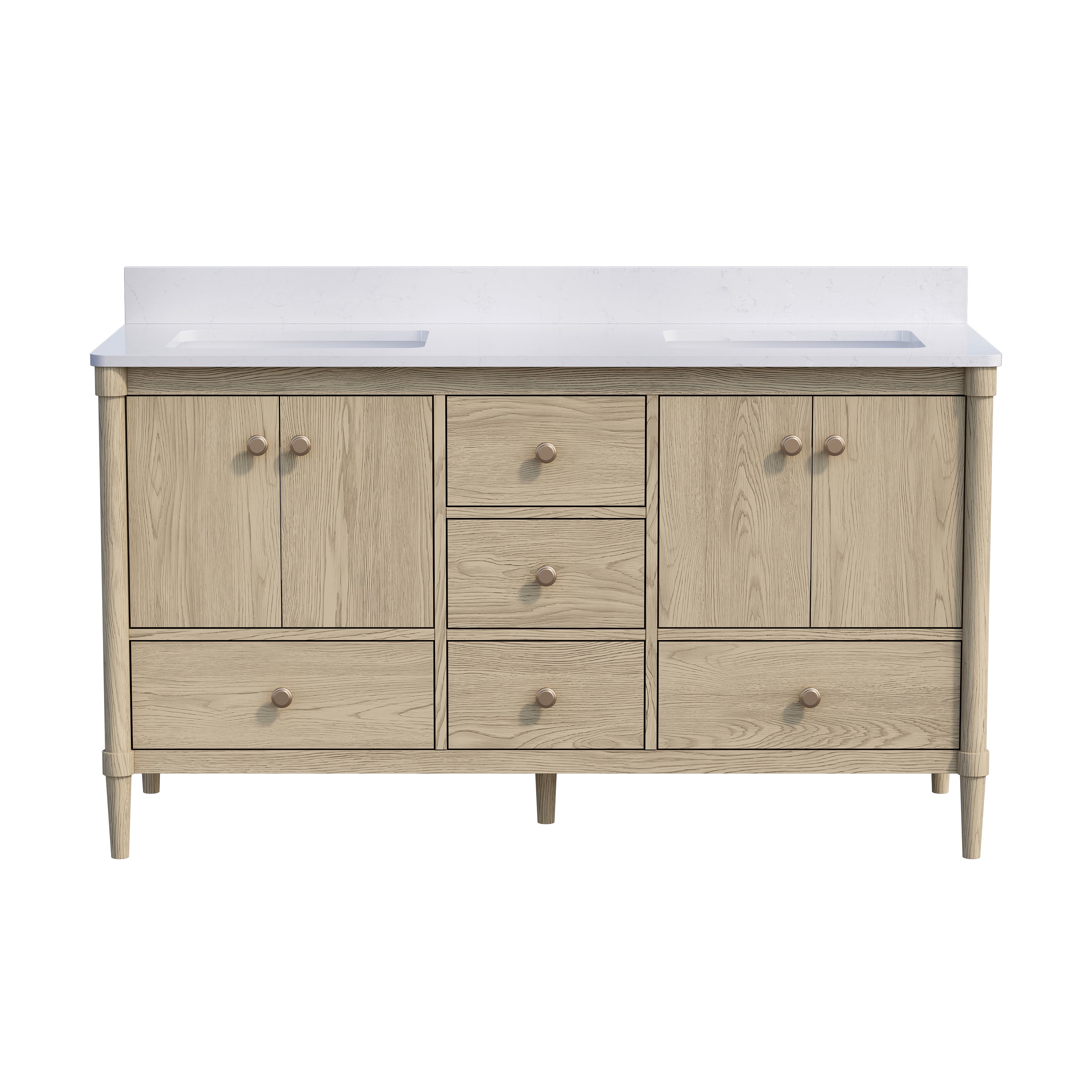
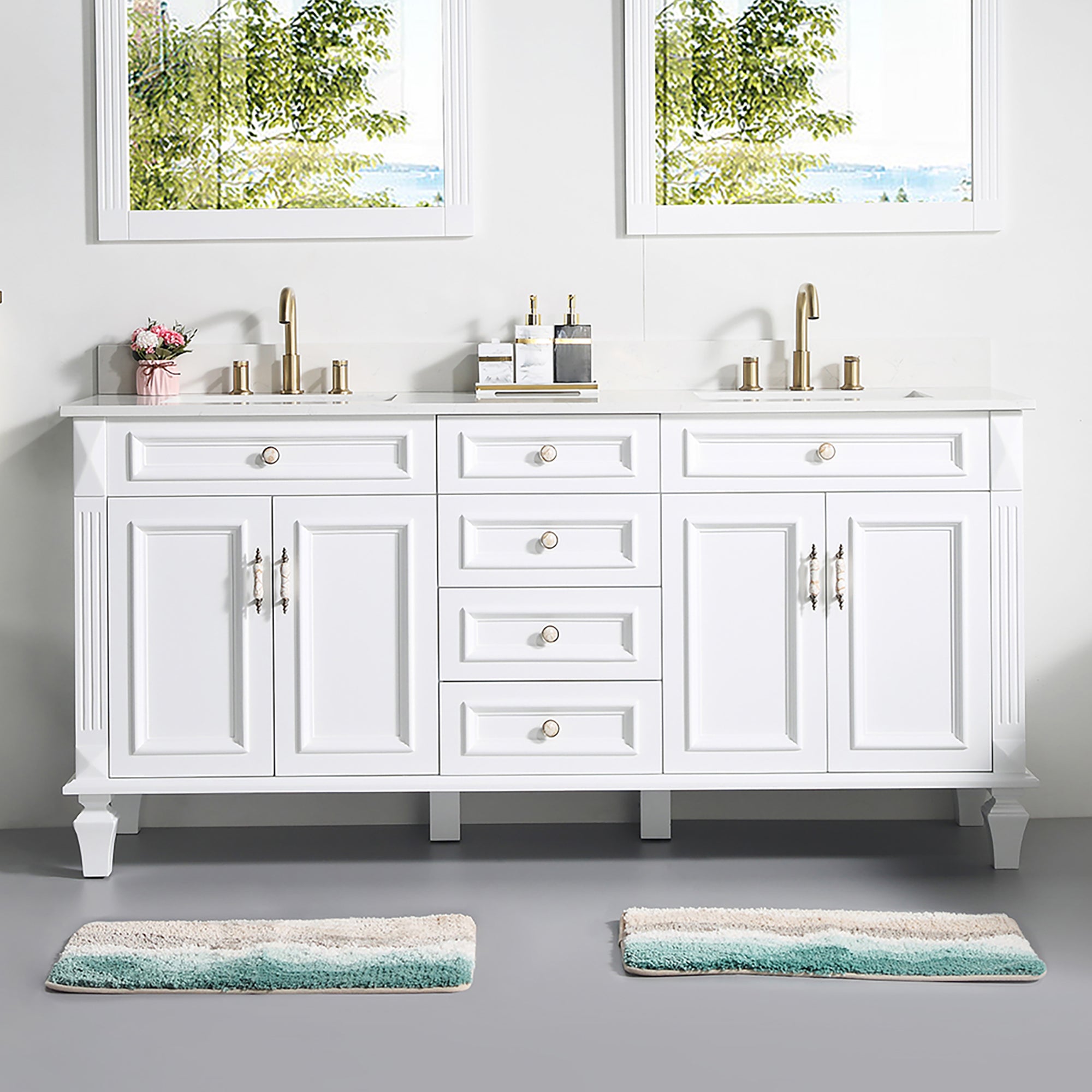
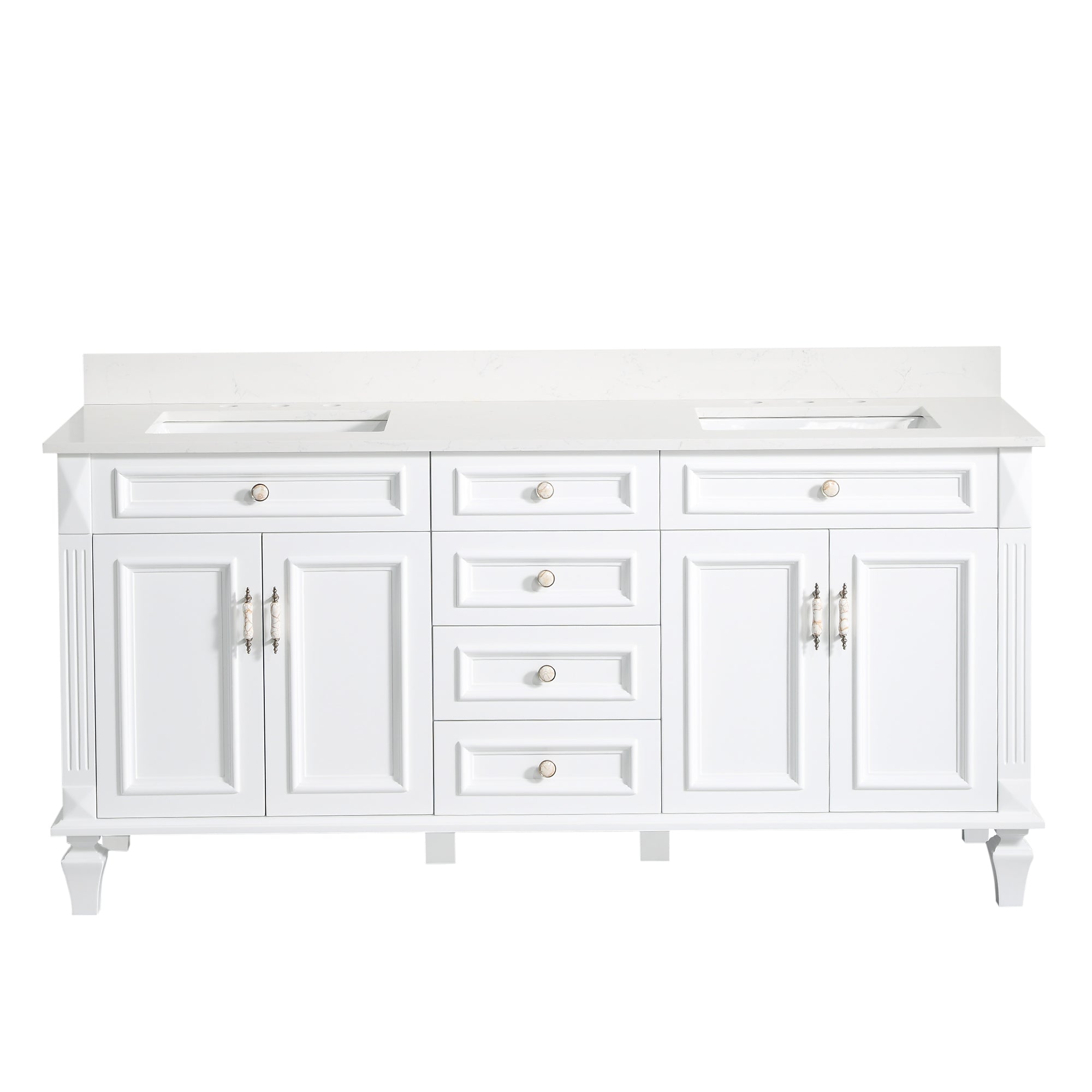
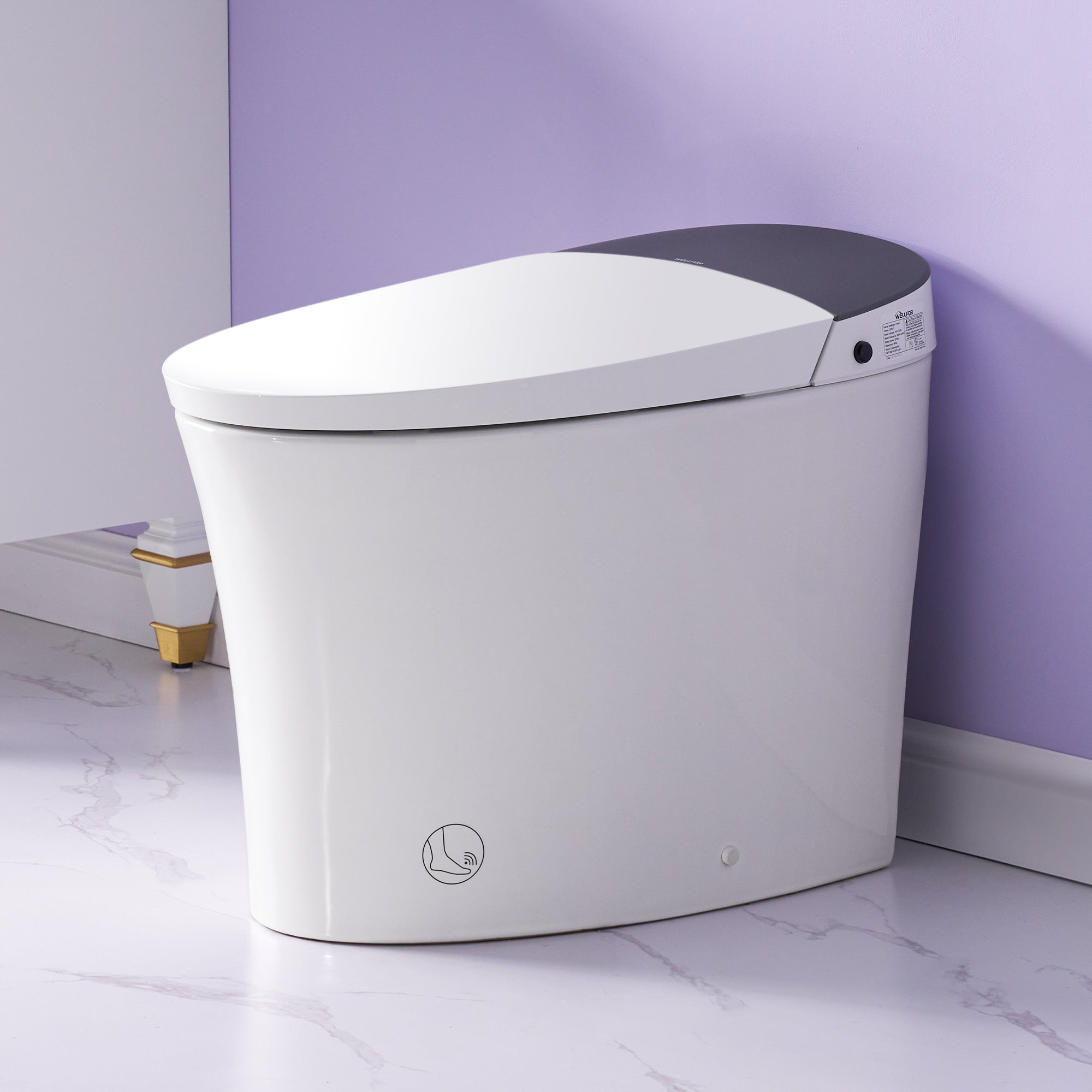
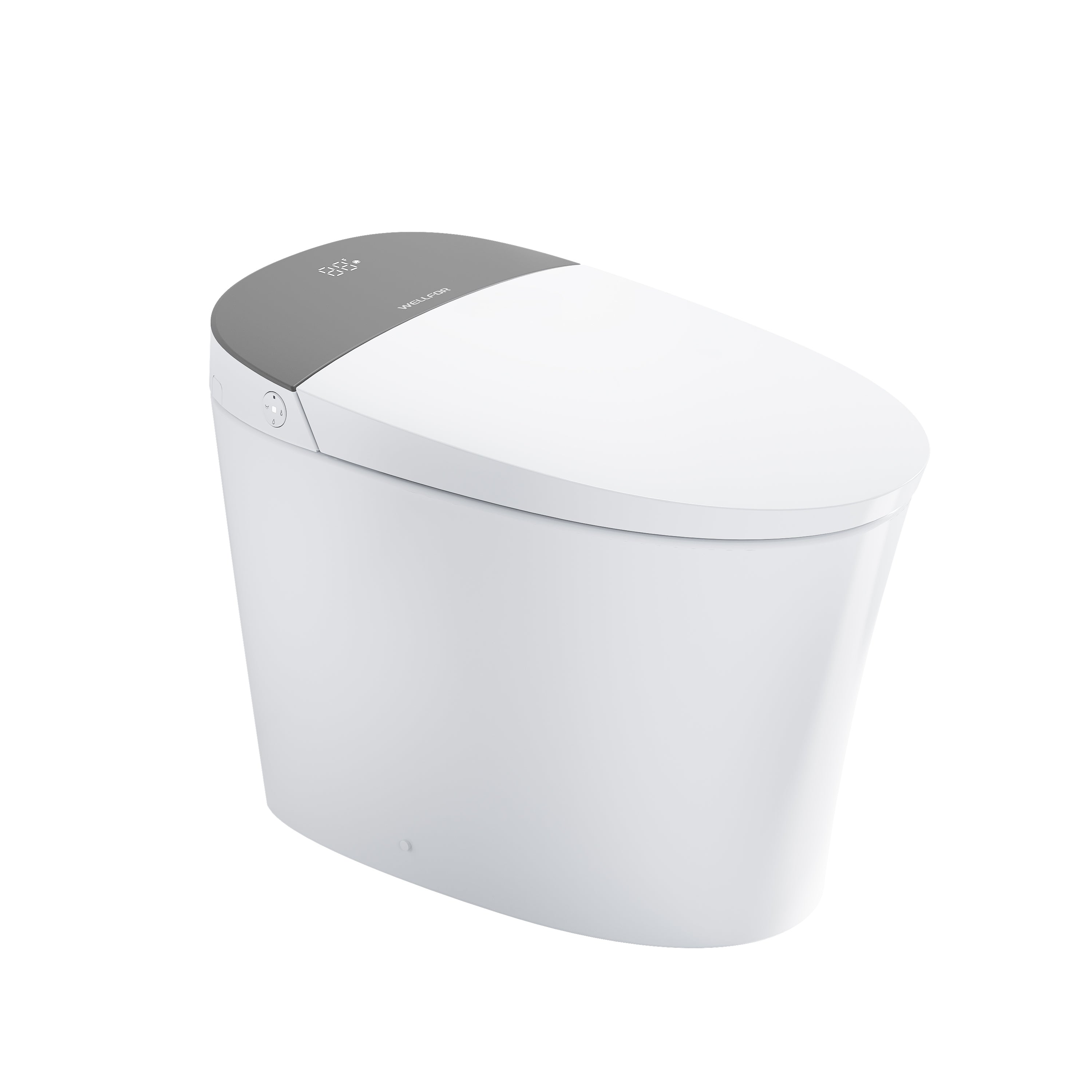
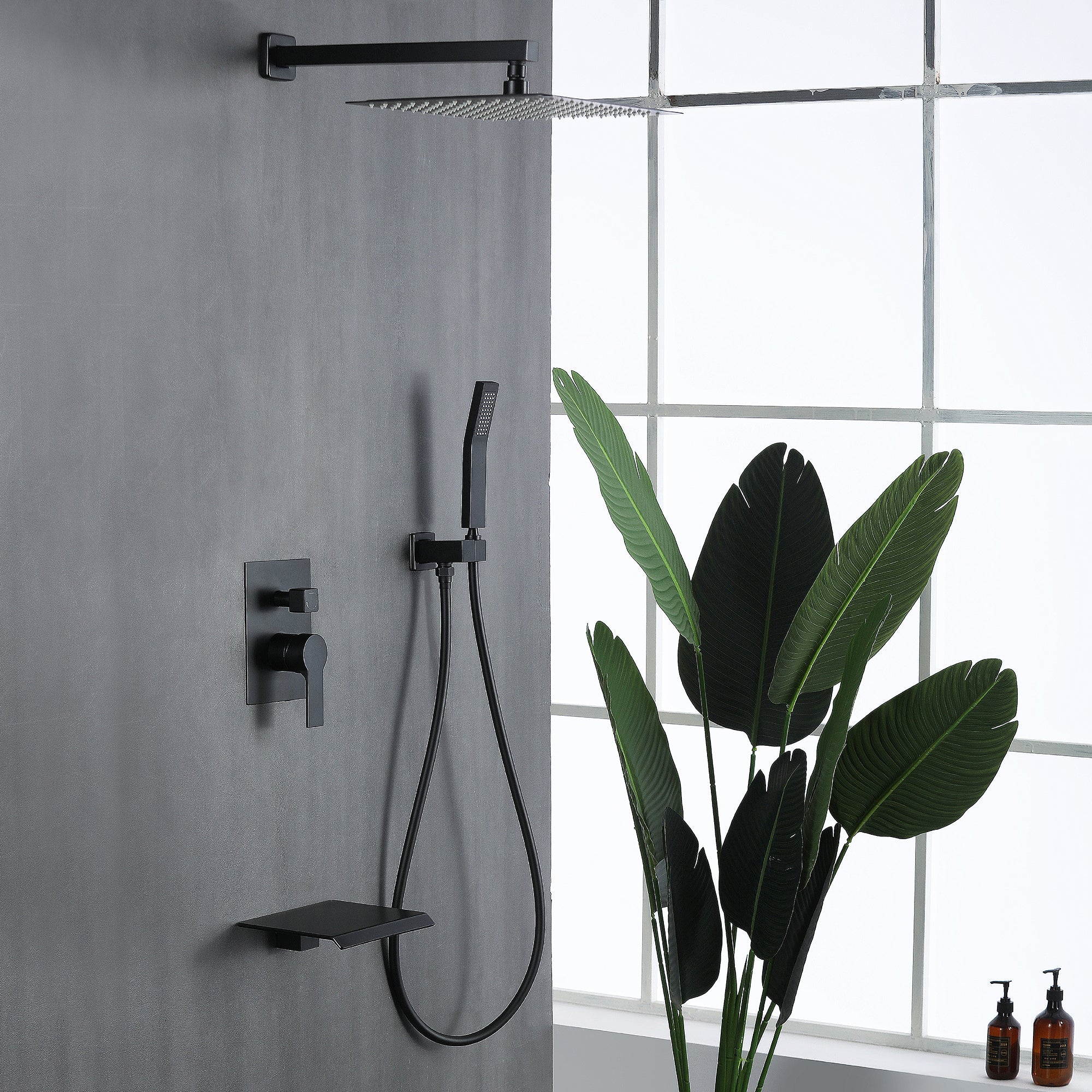
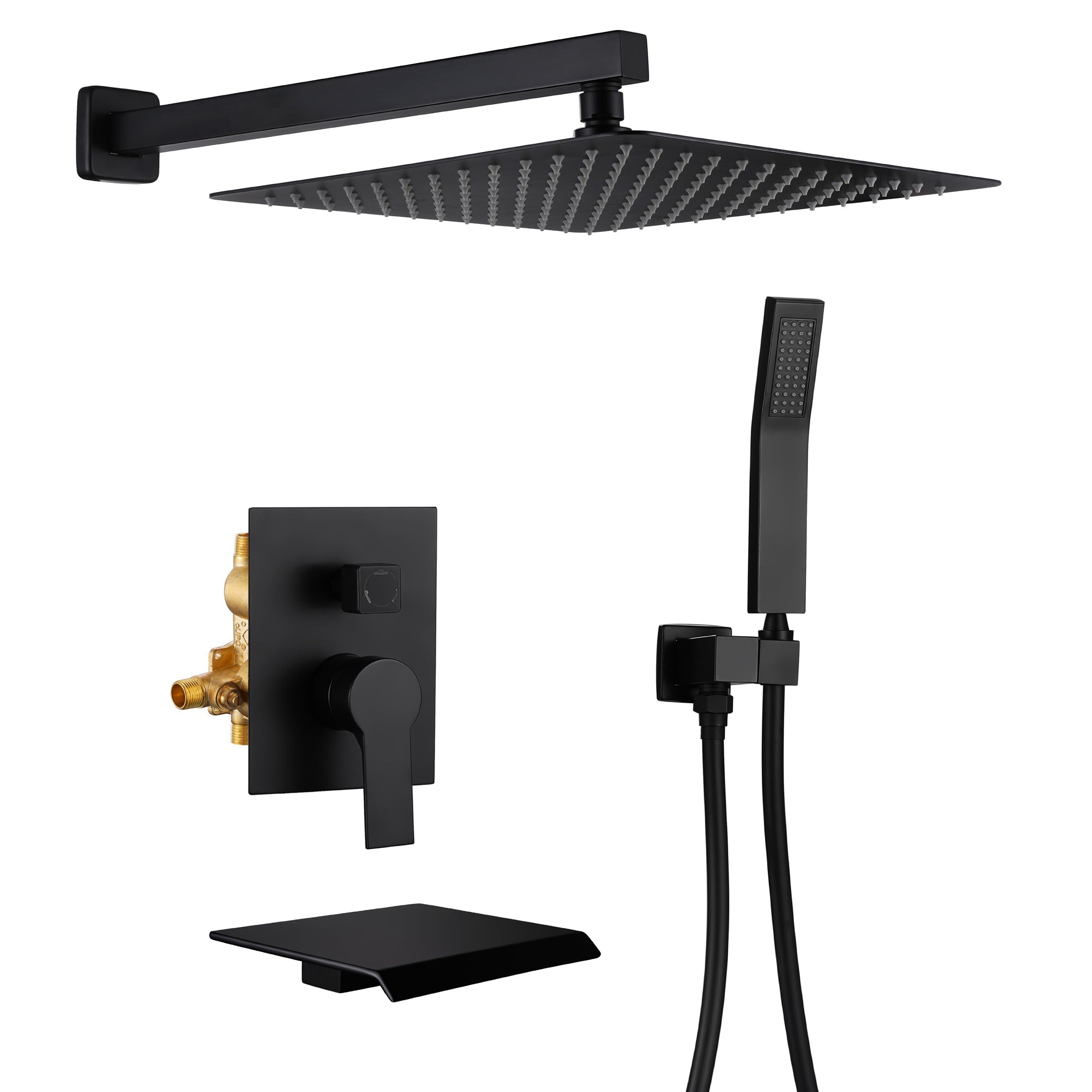
Leave a comment
This site is protected by hCaptcha and the hCaptcha Privacy Policy and Terms of Service apply.